Below are all the biographies for the confirmed speakers at the May 23 ArcticX Summit, Committing to a Sustainable Arctic. Click on the breakout session to view its panelists or visit the homepage for keynote speakers.
| Time | Panel | Room |
|---|---|---|
| 9:30 a.m. |
Plenary Panel Presentation: Ensuring Energy Justice in the Clean Energy Transition |
Ballroom |
| 10:45 a.m. |
Breakout Session 2A: Renewable Deployment and Grid Modernization |
Arctic Room |
| Alaska Room | ||
| 1:30 p.m. | Arctic Room | |
| Alaska Room | ||
| 2:15 p.m. |
Breakout Session 4A: Subsurface Resources for Clean Energy Transition - Geothermal Energy |
Arctic Room |
|
Breakout Session 4B: Climate Issues Affecting Arctic Development |
Alaska Room | |
| 3:30 p.m. |
Plenary Panel Presentation: Technology Commercialization - Arctic Case Studies |
Ballroom |
Plenary Panel Presentation: Ensuring Energy Justice in the Clean Energy Transition
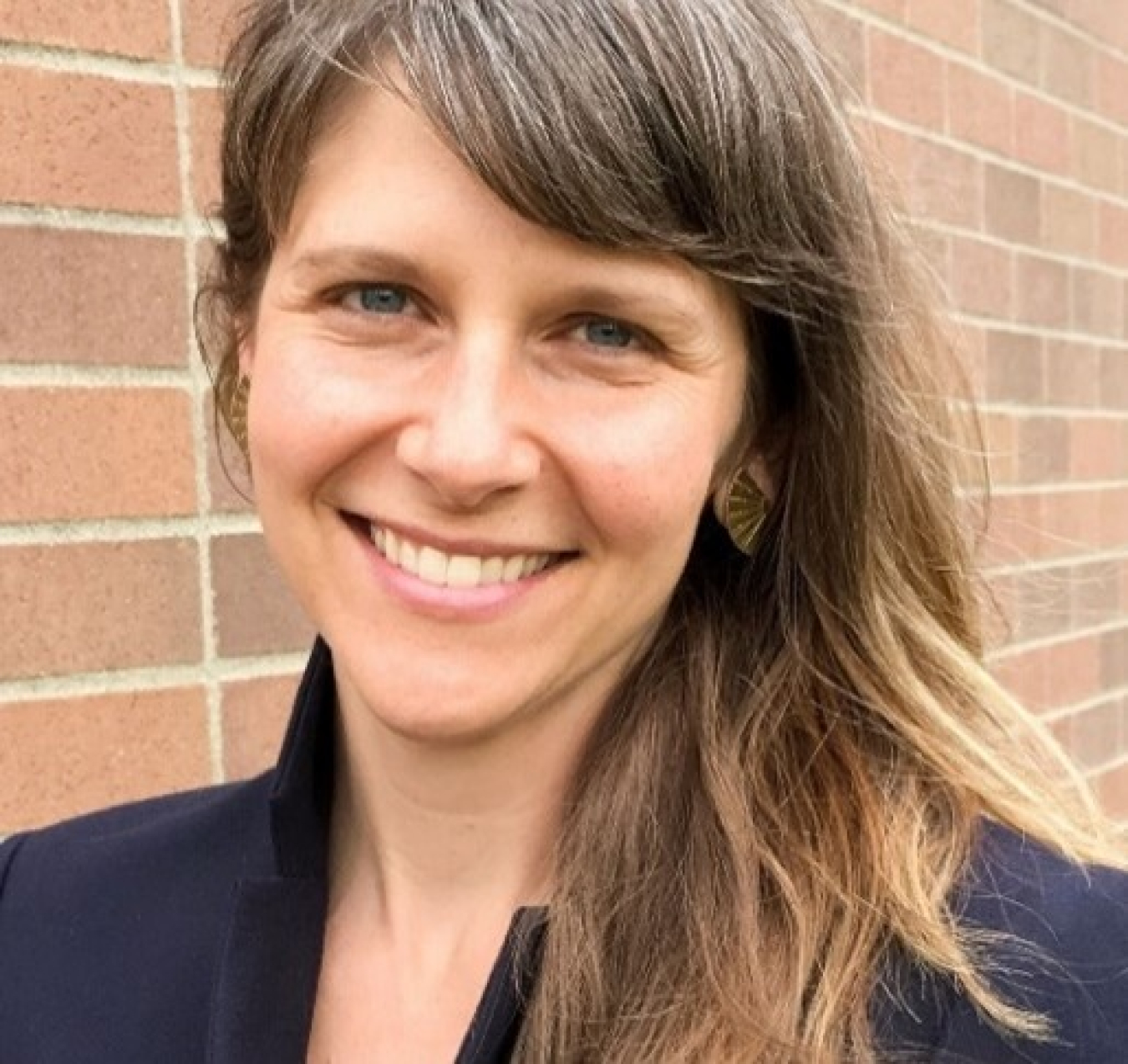
Moderator: Rebecca O’Neil, Advisor, Electricity Infrastructure, Pacific Northwest National Laboratory
Ms. Rebecca O’Neil is an advisor for Pacific Northwest National Laboratory (PNNL). In her career at the Laboratory, she has served as the lab relationship manager for the U.S. Department of Energy (DOE) Office of Energy Efficiency and Renewable Energy (EERE) Renewable Energy portfolio, served a rotation into DOE's Water Power Technologies Office to develop a hydropower-grid research program, and led the regulatory area for energy storage. Her research interests relate to energy justice, energy storage, community-scale innovation, sustainable hydropower and marine energy development.
She joined PNNL in 2015 from the Oregon Department of Energy, where she represented the agency on water power development, oversaw the state renewable portfolio standard, and ran a multi-million-dollar portfolio of federal grants ranging from renewable energy feasibility studies, agricultural efficiency measures, energy assurance, and woodstove replacement programs. Before her state service, she managed the multifamily energy efficiency program for the Energy Trust of Oregon, administering incentives to drive upgrades in multifamily dwellings. For years, Rebecca represented a coalition of river conservation and recreation organizations in federal hydropower dam licensing, becoming a recognized and published expert in the regulatory process and the relationship between hydropower operations and environmental effects. She serves on multiple organizational boards and advisory groups related to renewable energy.
Unrelated to energy, Rebecca has served as an AmeriCorps-VISTA teaching childhood literacy in rural Kentucky. As a Wagoner Scholar, she conducted Honors work in Cape Town, South Africa, producing a thesis on the role of literacy in manumission. She is a civilian advisory graduate of the National Security Seminar at the U.S. Army War College in Carlisle, Pennsylvania. She earned a B.A. from Rice University in Houston.
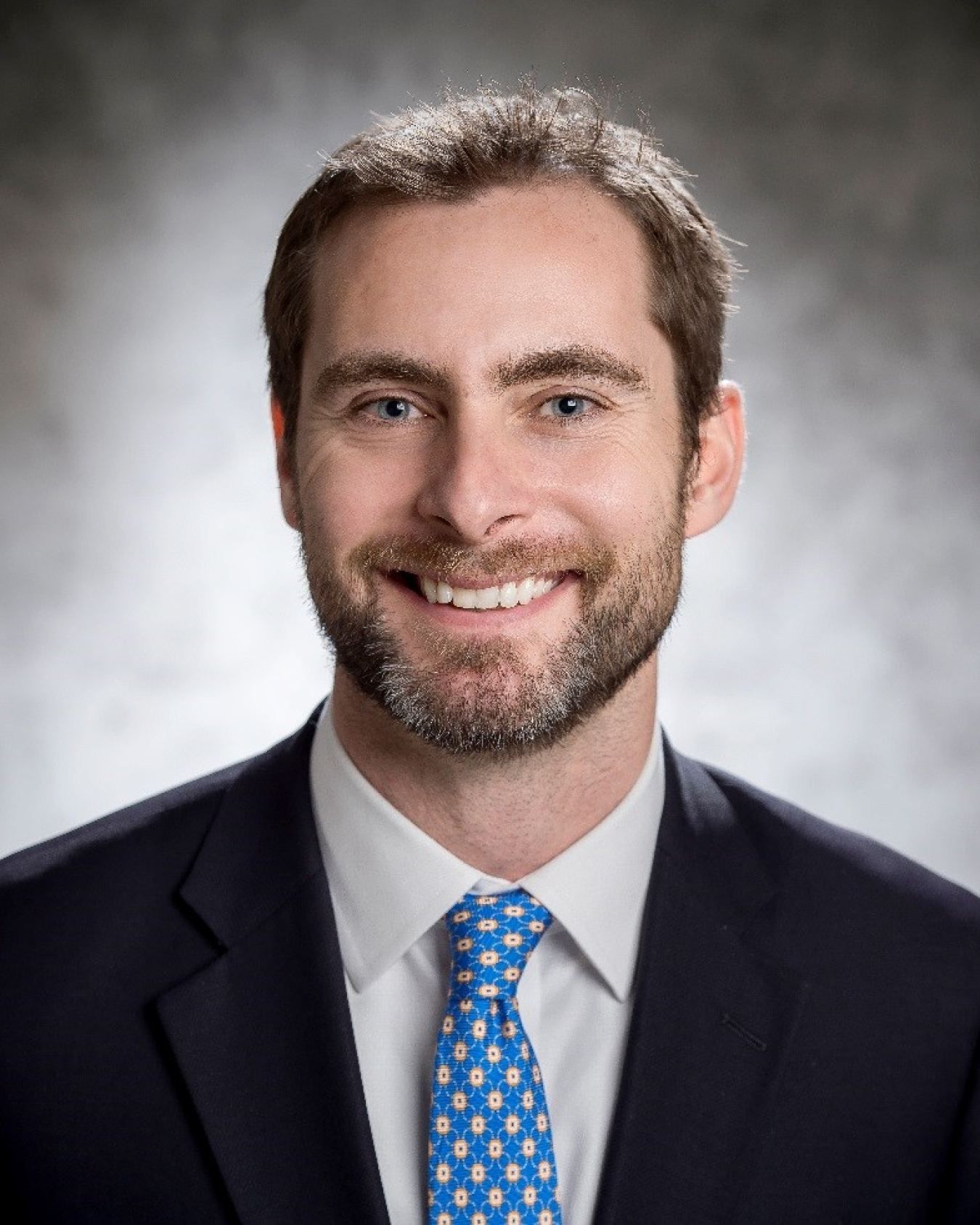
Panelist: Alejandro Moreno, Deputy Assistant Secretary for Renewable Power, U.S. Department of Energy
Alejandro Moreno is the Deputy Assistant Secretary for Renewable Power in the Office of Energy Efficiency and Renewable Energy. He is responsible for the Department’s efforts to advance solar, wind, geothermal, hydropower and marine energy, and to integrate renewables into a clean, resilient power system. Previously, he was the Director of the Water Power Technologies Office and co-led the development of the Department’s Energy Storage Grand Challenge. In addition to his roles at DOE, he has served in the energy groups of the World Bank and International Finance Corporation, where he designed and led regulatory reform programs to spur investment in clean energy and rural electrification. Mr. Moreno holds a Bachelor’s degree from Stanford University and a Master’s degree from Johns Hopkins University School of Advanced International Studies.
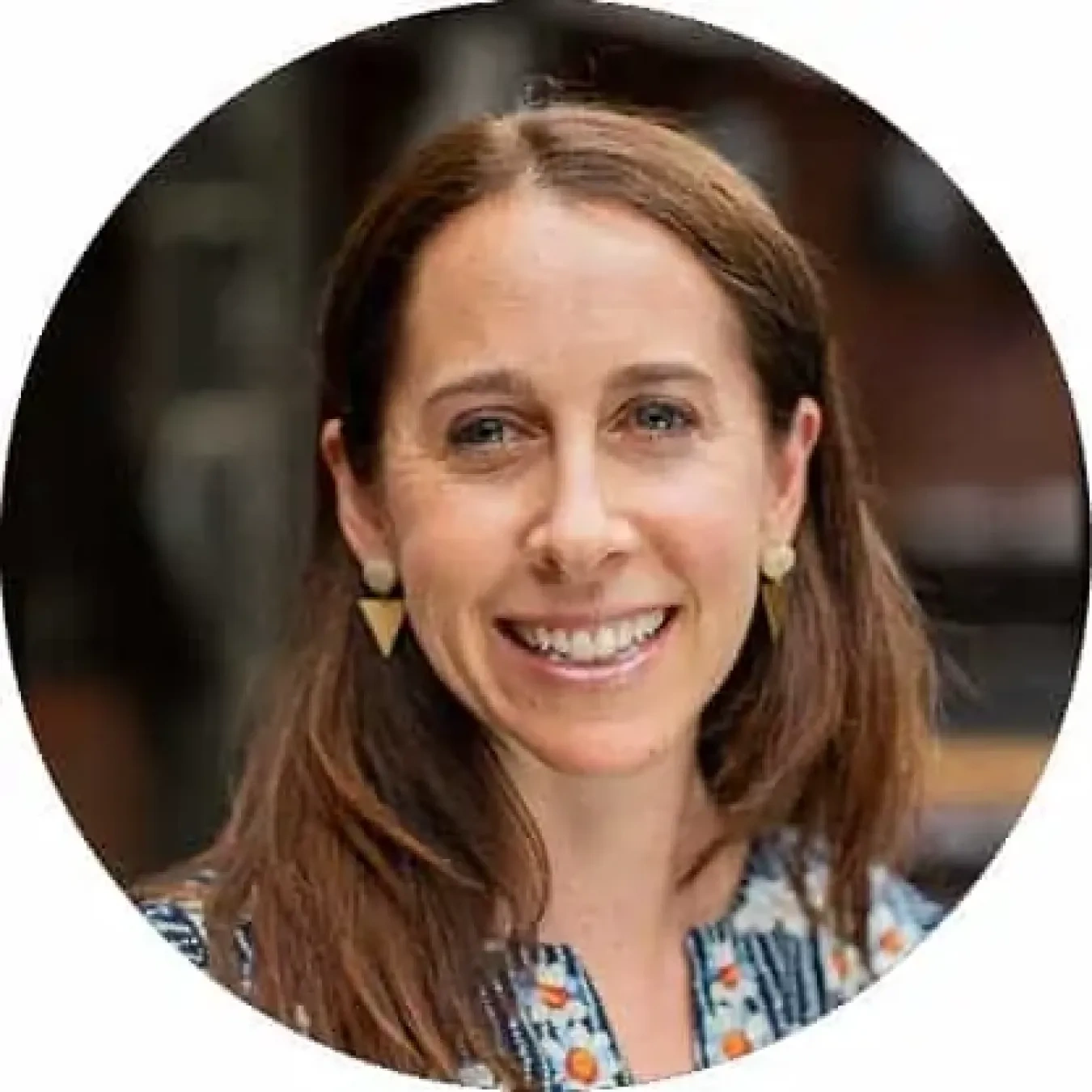
Panelist: Piper Foster Wilder, Founder and CEO, 60Hertz Energy
Piper Foster Wilder is a Humboldt Fellow and is former Vice President of Amatis Controls. She is committed to creating meaningful work for all people and enabling a transition to renewable energy while economizing the diesel that some must use. She holds multiple awards for her entrepreneurship and social impact initiatives.
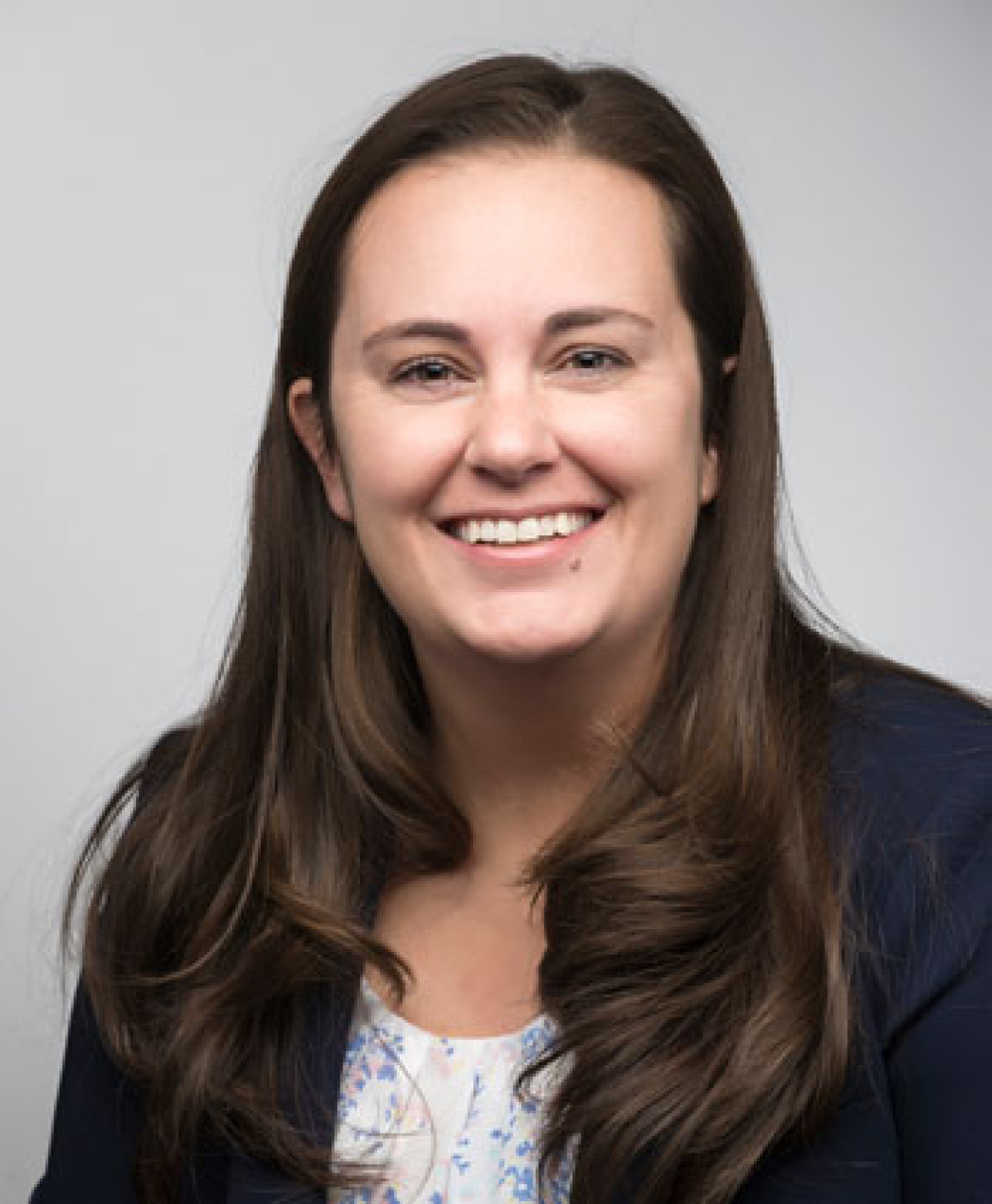
Panelist: Sherry Stout, Arctic Program Manager, National Renewable Energy Laboratory
Sherry Stout is the Arctic Strategic Program Manager and a senior research engineer at NREL's Cold Climate Housing Research Center. Stout's research primarily focuses on resilient energy transitions at multiple jurisdictional scales. This includes leading climate change resilience assessments, integrated energy transition analysis and planning in rural, remote, and islanded communities, and researching the interaction of social science and infrastructure resilience. She has built and/or led multiple technical assistance programs and projects at NREL to serve a diverse group of stakeholders, ranging from American Indian Tribe and Alaska Native Villages to international governments and federal agencies. In her role as Arctic Strategic Program Manager, she provides strategic leadership, technical expertise, and program management across a wide range of diverse research and technology development projects in the pan-arctic regions associated with energy, infrastructure, buildings, resilience assessment, and planning. She is keenly interested in finding ways to better enable partner governments and stakeholders to achieve their energy goals through delivery of technical expertise.
Breakout Session 2A: Renewable Deployment and Grid Modernization
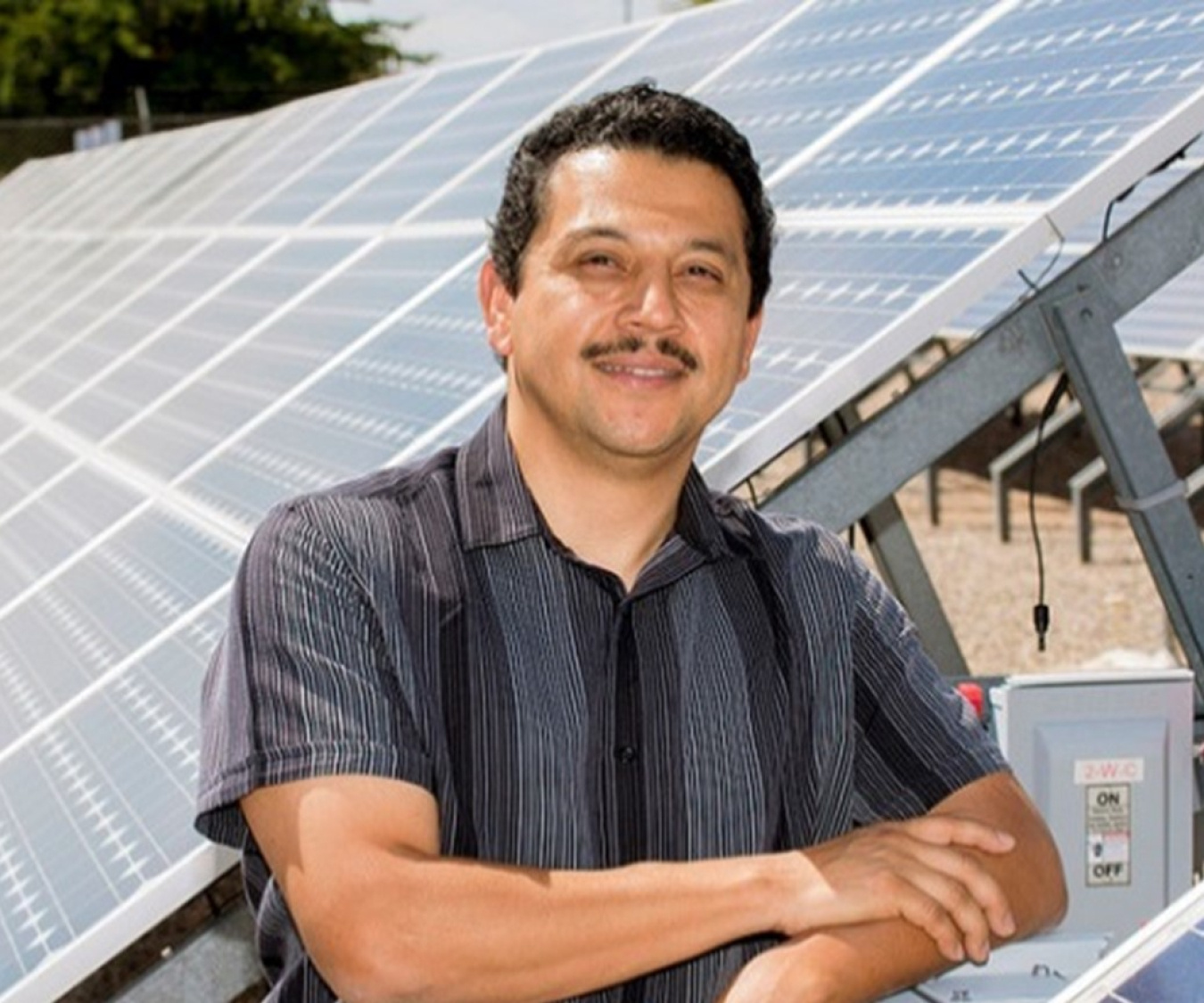
Moderator: Abraham Ellis, Senior Manager, Renewable Energy Technologies, Sandia National Laboratories
Abraham currently serves Program Manager for Renewable Energy Technologies at Sandia National Laboratories, which includes Wind, Solar, Marine/Hydro, and Geothermal energy. He previously had leadership roles Sandia’s Secure Energy and Earth Systems as well as Renewable and Distributed Systems Integration programs. Abraham also completed an assignment in Washington DC as advisor to the DOE Office of Electricity, Advanced Grid Research and Development division. Prior to joining the management team, led multiple projects on renewable energy systems integration and microgrids, sponsored primarily sponsored by DOE Office of Electricity and several applied offices within DOE’s Energy Efficiency and Renewable Energy (EERE). Many of Abraham’s projects have focused on energy resilience in the context of remote and islanded communities and have involved partnership in Alaska, Puerto Rico and Hawaii.
Prior to joining Sandia, Abraham worked at Public Service Company of New Mexico (PNM) to enable large-scale deployment of grid-connected wind and solar power plants. He has chaired multiple technical committees under the Western Electricity Coordinating Council (WECC), North American Electricity Reliability Council (NERC) and the Institute of Electrical and Electronics Engineers (IEEE).
Abraham earned an MSEE and Ph.D. in Power Systems from the Electric Utility Management Program at New Mexico State University.
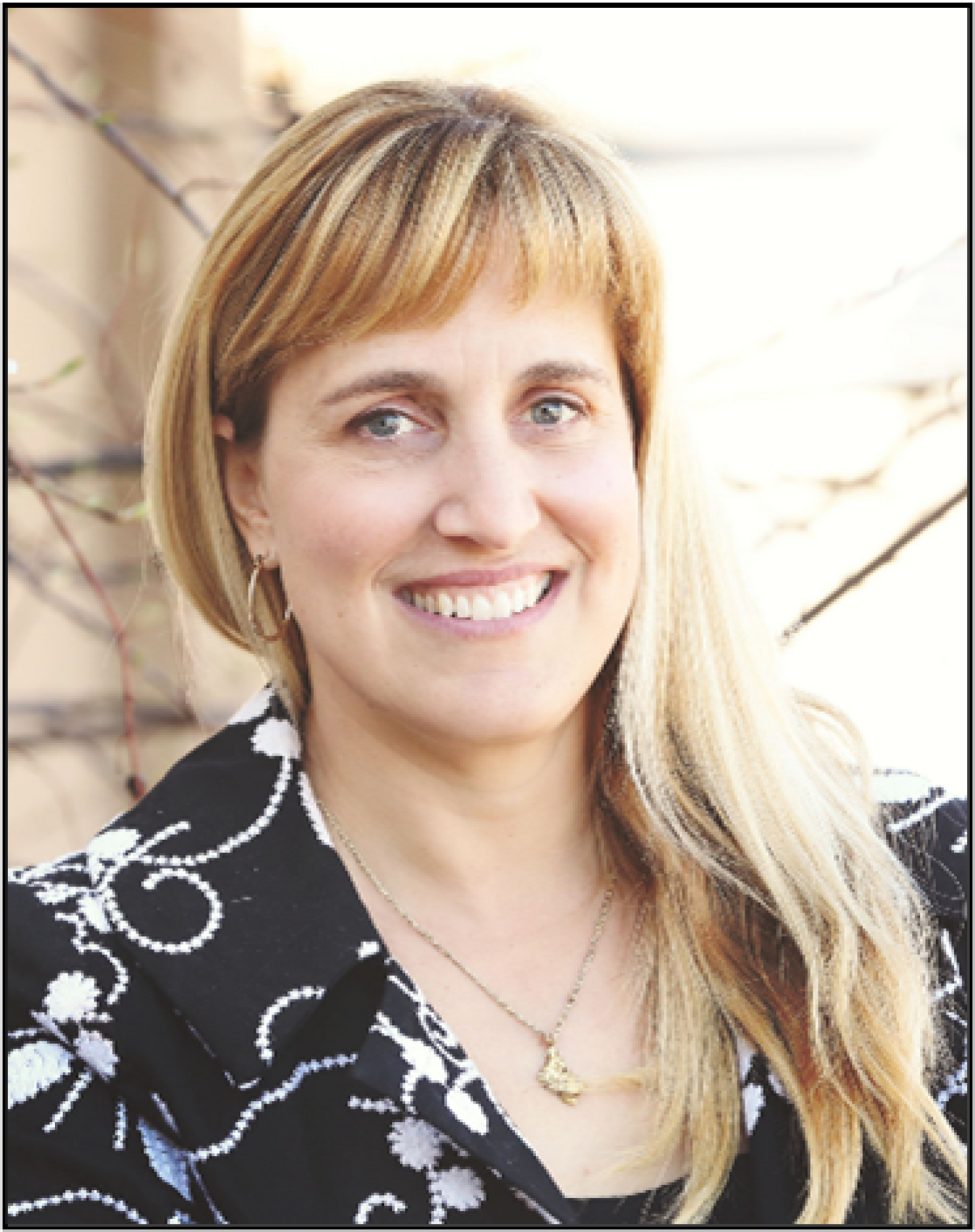
Panelist: Gwen Holdmann, Associate Vice Chancellor of Research for Innovation and Industry Partnerships, University of Alaska Fairbanks
Gwen Holdmann serves as the Associate Vice Chancellor for Research for Innovation and Industry Partnerships for the University of Alaska Fairbanks (UAF). Through this role, she manages UAF’s innovation and technology transfer programs, and helps guide strategic partnership opportunities with the State of Alaska and industry. Gwen previously served as Director of the Alaska Center for Energy and Power (ACEP), an applied energy research program based at the UAF which focuses on community-scale fossil and renewable/alternative energy technologies. She continues to maintain a research affiliation with ACEP where she focuses on energy policy and planning. Prior to joining the University of Alaska, Gwen worked in the private sector as a design engineer and project manager, including the design and construction of the only operating geothermal power plant in Alaska at Chena Hot Springs. Gwen has been inducted into the Alaska Innovator’s Hall of Fame, was selected as a member of Alaska’s Top Forty Under 40, and is a former Arctic Fulbright Scholar. Gwen has a BS in Physics from Bradley University and an MS in Energy Engineering and Policy from UAF. She is the mother to three children, ages 13 (twins) and 11, and has completed the Yukon Quest and Iditarod sled dog races.
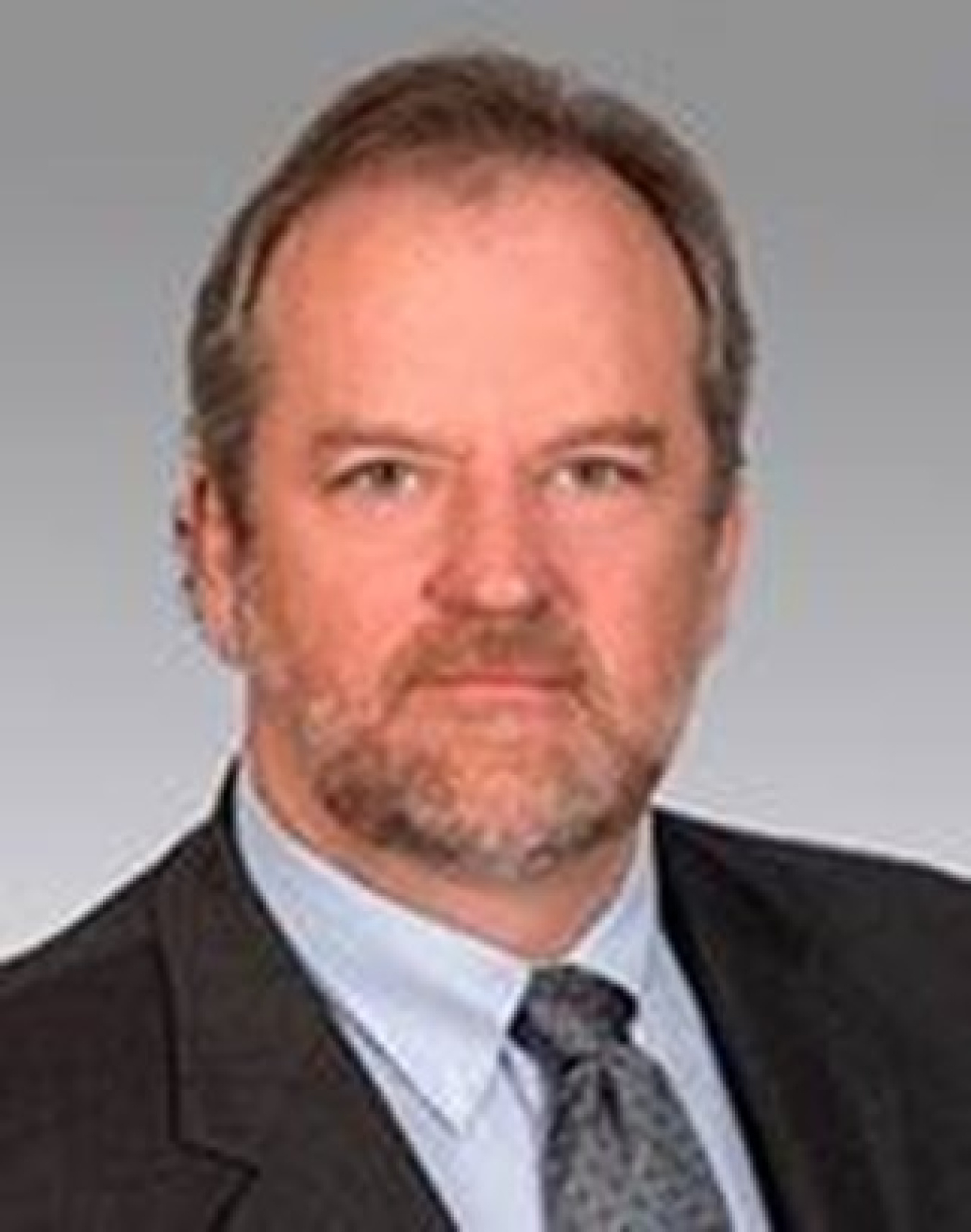
Panelist: Brian Hickey, Executive Director, Railbelt Regional Coordination
Brian J. Hickey, is currently the Executive Director of Railbelt Regional Coordination. He represents the five Railbelt Electric Utility CEO’s and the Executive Director of the Alaska Energy Authority on a number of diverse issues including securing funding under the Investment and Infrastructure Jobs Act, activities around sustainability and clean energy, and the execution of Bradley Lake Required Project Work. From 2018 to 2022, Mr. Hickey was employed as the Chief Operating Officer for Chugach Electric Association. Where he was instrumental in the acquisition of ML&P by Chugach , and the development of the electric reliability organization (ERO) statutes and regulations, as well as, the Railbelt Reliability Council’s (RRC) application to be certified as the Railbelt ERO.
Before that appointment, he had served as Chugach’s Senior Vice President of System Operations. Previously, he was the Executive Manager of Grid Development for Chugach. Mr. Hickey’s experience before his current tenure at Chugach included Sr. Project Manager for NANA WorleyParsons, and for Electric Power Systems, where he managed power plant and hydrocarbon projects in Alaska’s Railbelt and on Alaska’s North Slope since March 2008. Before that, he served Chugach for twenty years in various senior management roles including System Operations Supervisor, Manager of Substation Operations, Manager of Power Control, Director of Technical Services and lastly Vice President, Power Delivery. Mr. Hickey is a registered Professional Electrical Engineer, registered project management professional, holds a Bachelor of Science in Electrical Engineering, a master’s certificate in project management and a master’s degree in global finance. He is a graduate of NRECA’s Robert Kabal School of Cooperative Management. Mr Hickey is a Board member of Nuvision Federal Credit Union a $2.2 B financial institution based in Huntington Beach California with branches in Arizona, Wyoming, Washington state and Alaska; and, he is a Member of the National Association of Corporate Directors, and is an NACD certified Board Leadership Fellow.
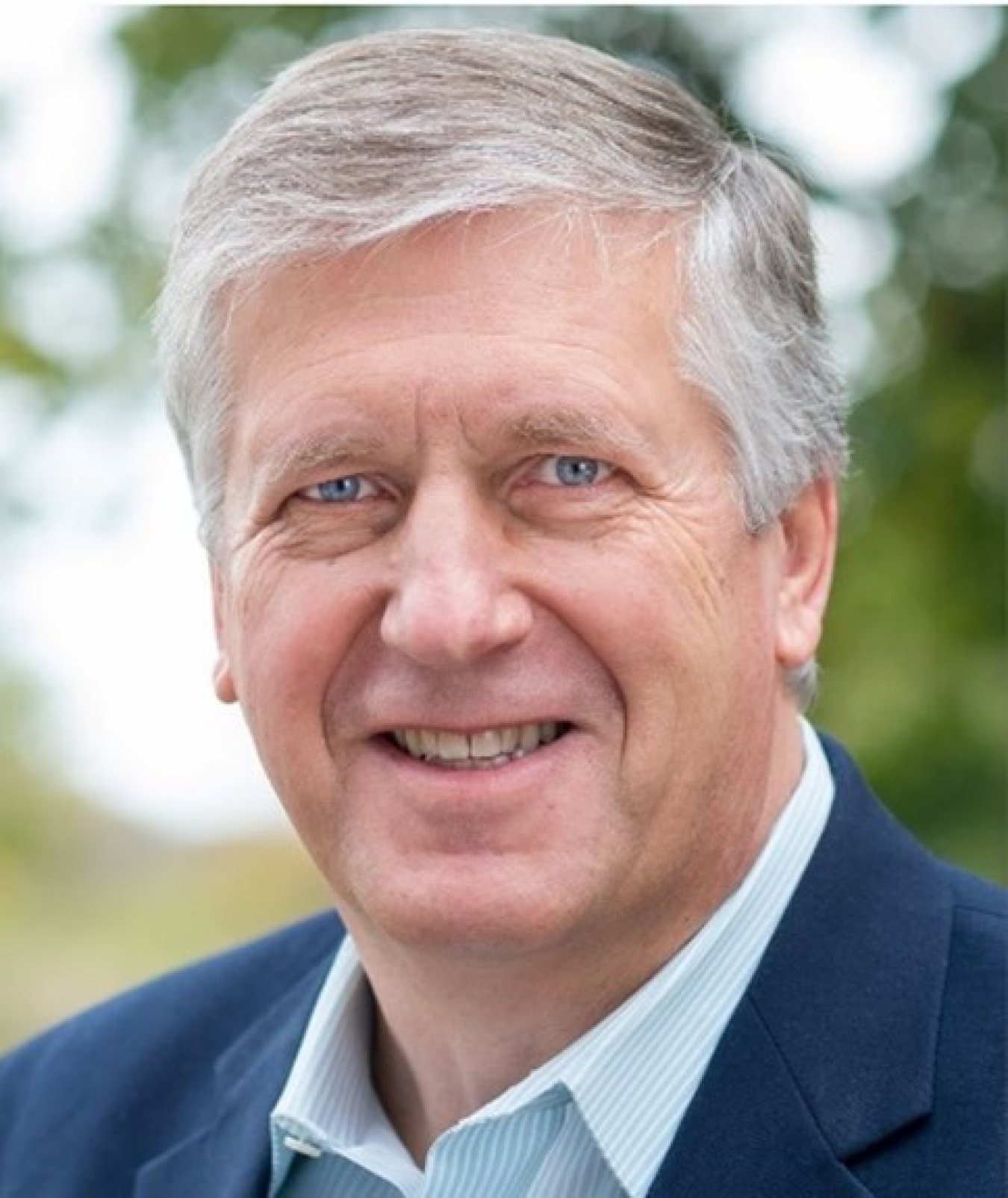
Panelist: Vladimir Koritarov, Director of the Center for Energy, Environmental, and Economic Systems Analysis (CEEESA), Argonne National Laboratory
Vladimir Koritarov is the Director of the Center for Energy, Environmental and Economic Systems Analysis (CEEESA) at Argonne National Laboratory. He has over 30 years of experience in the analysis of hydro and thermal power systems, production cost and capacity expansion analysis, integration of renewable energy and energy storage, and electricity market analysis. Before joining Argonne in 1991, Vladimir worked as power system planner in the electric power utility of Yugoslavia.
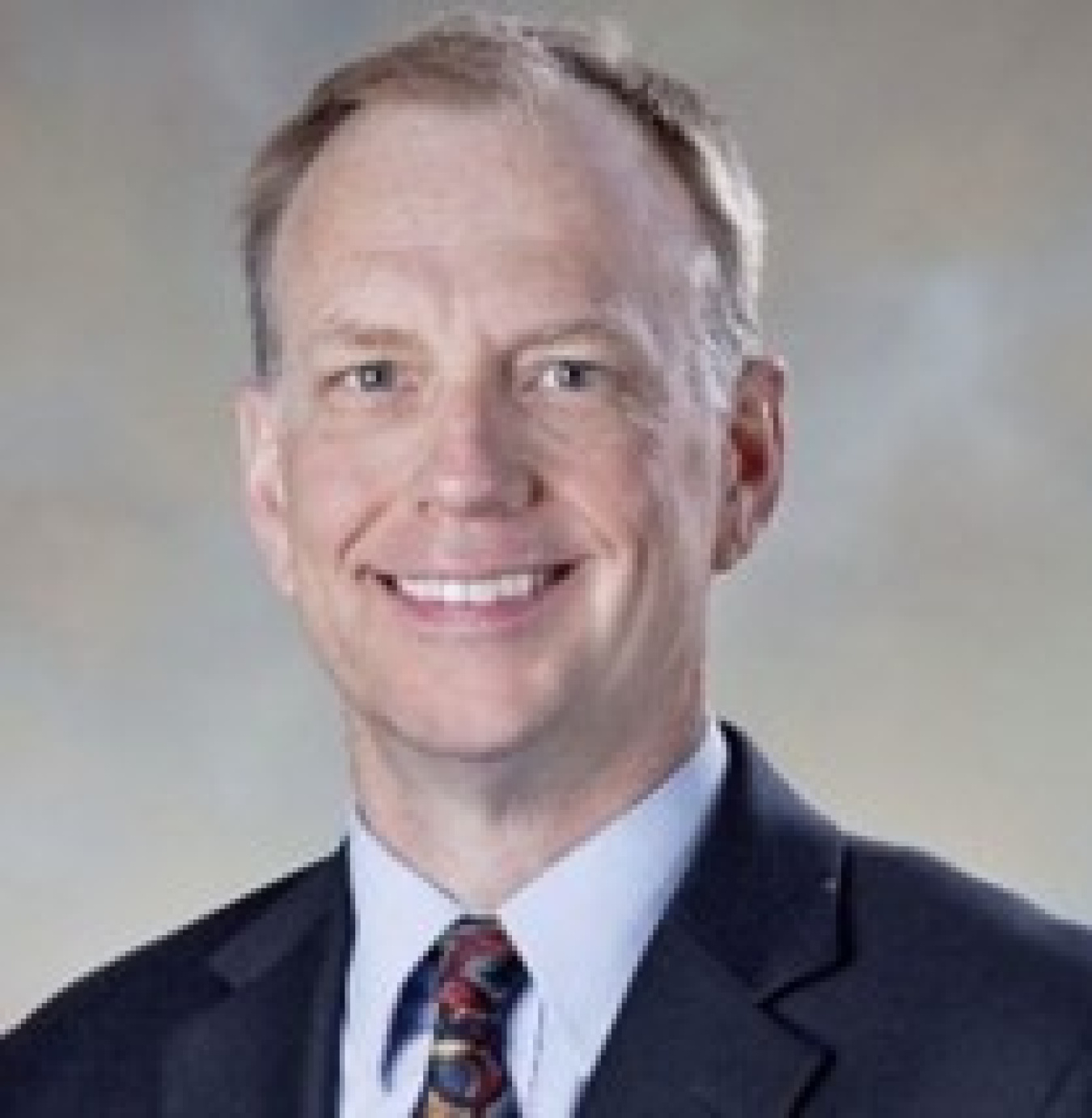
Panelist: Charles Hanley, Senior Manager, Grid Modernization & Resilient Infrastructure, Sandia National Laboratories
Mr. Hanley is Senior Manager of the Grid Modernization and Energy Storage Group at Sandia National Laboratories. His group conducts research on enhancing the resilience of our critical energy infrastructures, including grid-scale optimization, controls, and microgrids; energy storage technologies; renewable energy integration; power electronics; cyber security; and advanced analytics for complex systems. He joined Sandia in 1988 and has been working in Sandia’s renewable energy and electric grid programs since 1994. From 2005 through 2014, Charlie managed Sandia’s Photovoltaics and Distributed Systems Integration Program. Prior to that, he managed Sandia’s international renewable energy programs, through which he oversaw the implementation of more than 400 photovoltaic and wind energy systems in Latin America. He received his B.S. in Engineering Science from Trinity University in San Antonio, Texas, and his M.S. in Electrical Engineering from Rensselaer Polytechnic Institute, in Troy, New York.
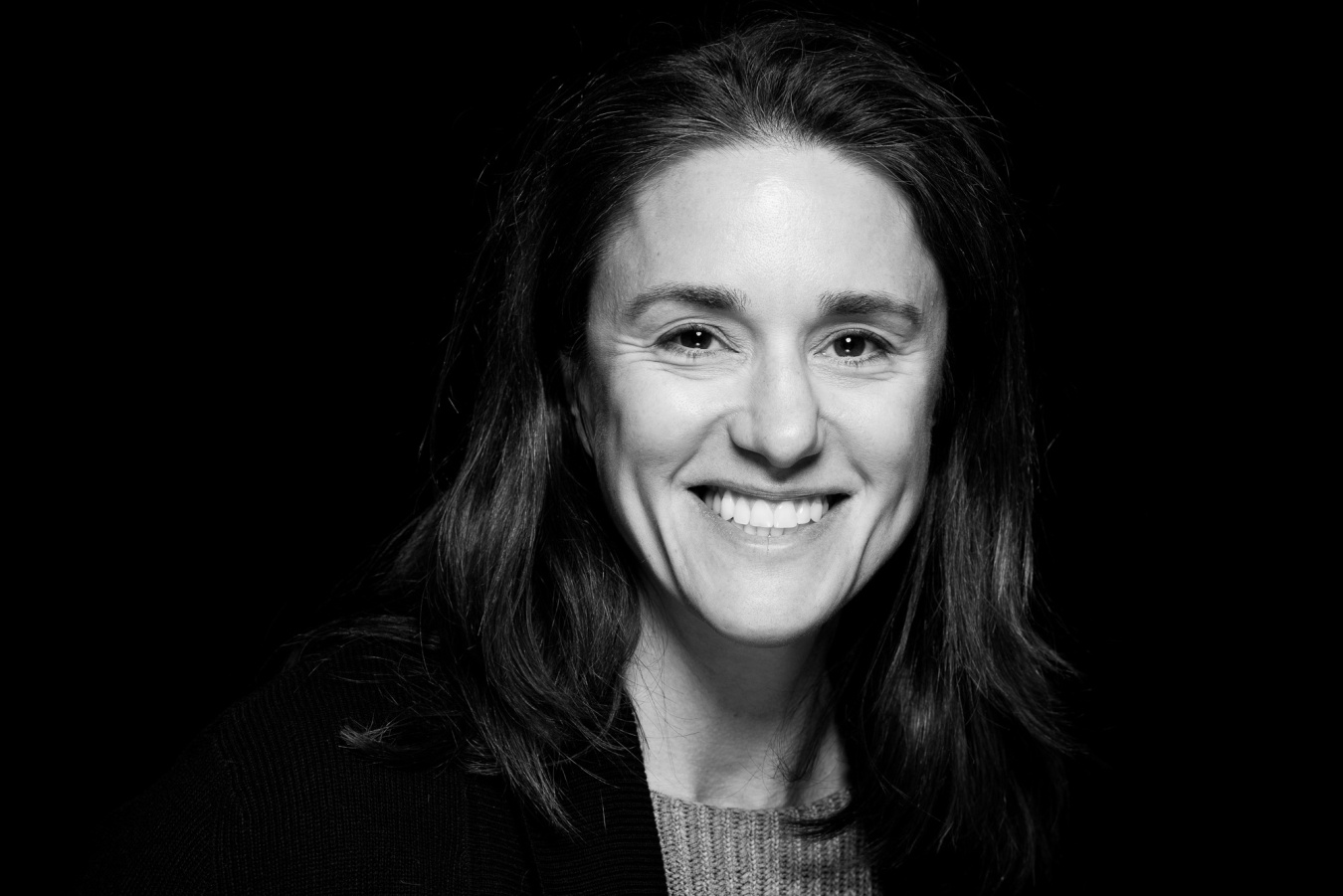
Panelist: Elise DeGeorge, Senior Project Leader, National Renewable Energy Laboratory
Elise DeGeorge is a senior project leader at NREL where she has worked since 2011. She is currently working on a number of different Alaska-based renewable energy planning projects in marine energy, offshore wind and hydropower. Prior to moving back to Anchorage with NREL, she managed a group of marine energy and hydropower professionals at NREL’s Flatirons Campus in Colorado. Elise continues to lead several projects in the areas of workforce development and stakeholder engagement. Prior to these roles, she supported the Wind and Water Power Program team as a program integrator helping to manage and execute NREL’s $50M+ wind energy program. Prior to joining NREL, Elise worked for 17 years at a global environmental consulting firm, MWH (now Stantec), working on municipal engineering assignments across the project lifecycle in Alaska, California and Colorado. Elise has a BS degree in Engineering and a BS degree in Resource Management from the University of Michigan, an MS in Environmental Engineering from the University of Alaska and an MBA from the University of California at Berkeley. She is a licensed professional engineer in the State of Colorado.
Breakout Session 2B: Carbon Management in the Arctic
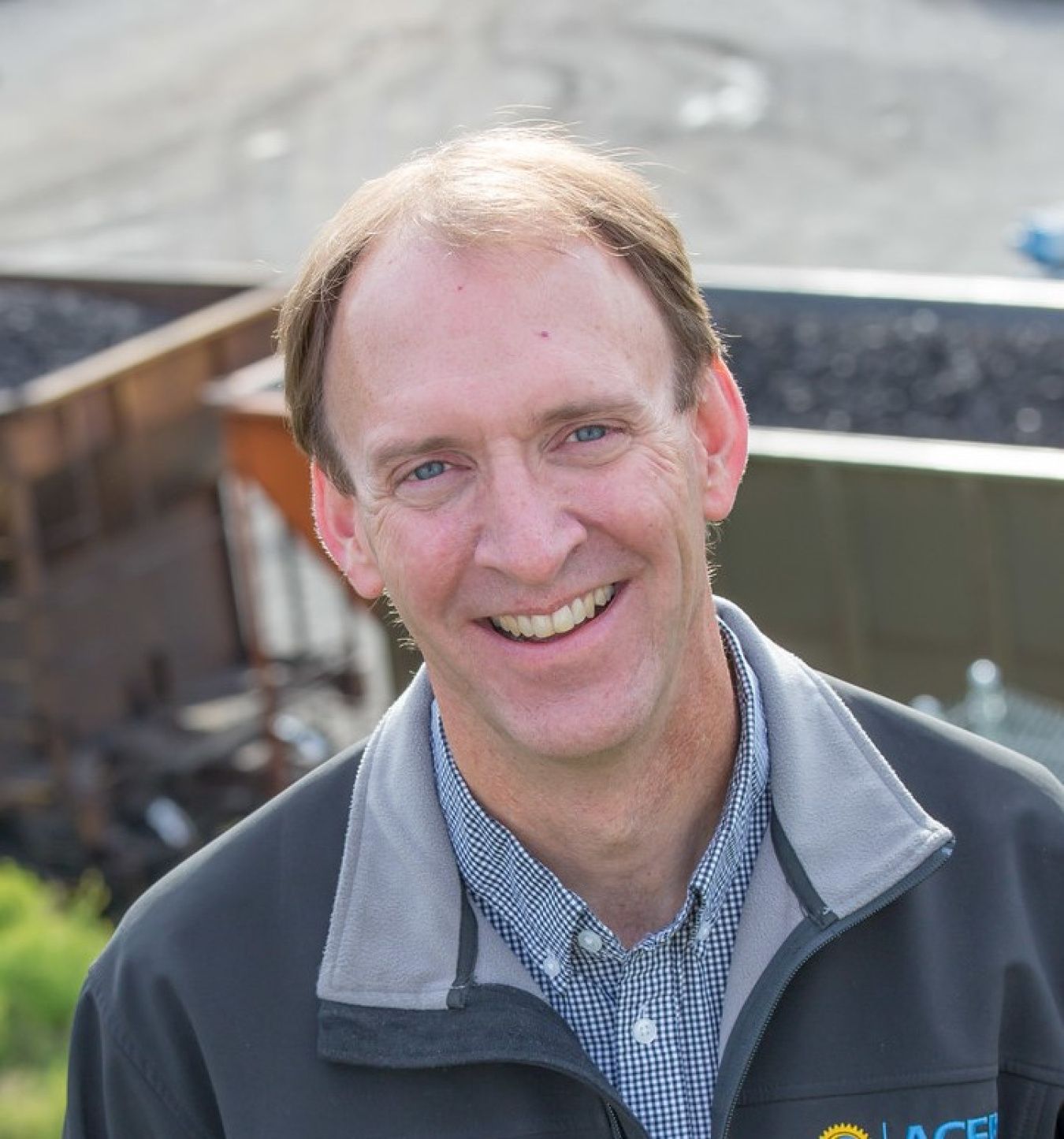
Moderator: Brent Sheets, Director, Petroleum Development Laboratory, University of Alaska Fairbanks
Wise extraction and utilization of Alaska’s abundant natural resources is Brent’s passion. He is the Director of UAF’s Petroleum Development Laboratory since 2016 where he engages industry, state agencies, and University researchers to serve the oil and coal industry’s research needs. In addition to participating in ArcticX conferences, he attends to his other projects: North Slope EOR; Beneficial Use of CO2; developing a coal gasification plant; and managing a multi-party effort, hopefully leading to an REE-CM capacity within Alaska.
Brent was Deputy Director of the Alaska Center for Energy and Power from 2011 to 2016 where he emphasized developing local resources over importing diesel fuel for power generation. He was the inaugural Regional Manager of the U.S Department of Energy’s Arctic Energy Office, originally established to promote research relating to developing Alaska’s fossil energy resources for the benefit of the nation, and to address Alaska unique energy needs.
Before moving to Alaska in 2002, Brent was Deputy Budget Director for the Office of Fossil Energy from 1999-2002, and Business Director of the Naval Petroleum and Oil Shale Reserves from 1990-1999 where he was responsible for overseeing $400+ million in annual oil and natural gas sales, as well as supervising all aspects of day-to-day business operations.
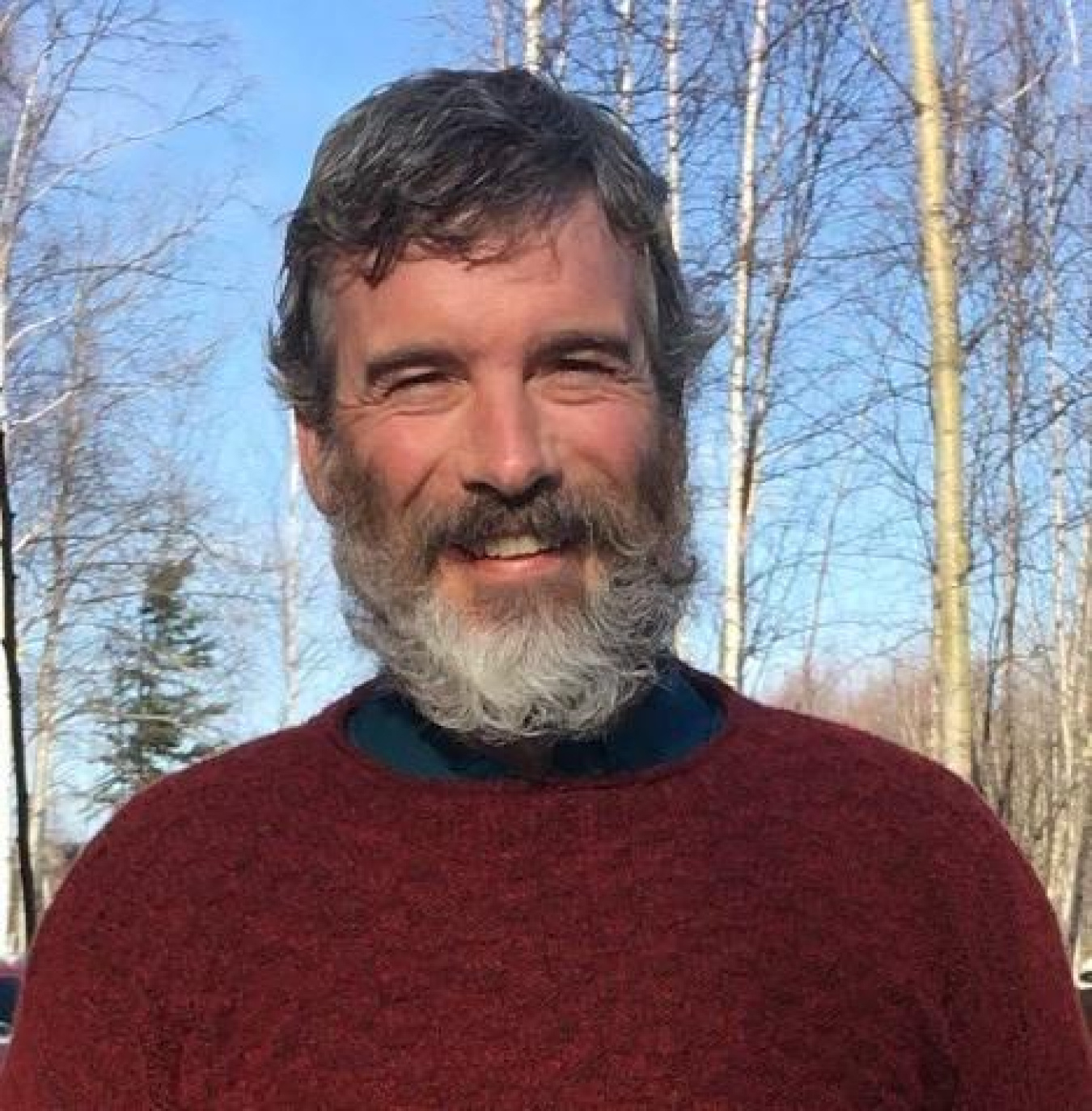
Panelist: Marwan Wartes, Energy Section Chief, Alaska Division of Geological & Geophysical Surveys
Marwan Wartes is Chief of the Energy Resources Section at the Alaska Division of Geological & Geophysical Surveys (DGGS). He is primarily an outcrop-based sedimentary geologist and has completed twenty-two field seasons in basins around Alaska. However, his primary focus has been on the North Slope, echoing his own deep roots on the Arctic prairie, having been born on the Colville River delta where his family was homesteading. Marwan received his B.S. (1997) in Geology from the University of Alaska Fairbanks. He attended graduate school at the University of Wisconsin—Madison where he completed his M.S. (1999) working on Permian lacustrine rocks in northwestern China. He stayed in Madison for his Ph.D. studies on the Early Cretaceous tectonics and sedimentation of proximal foreland basin deposits in northern Alaska. Since 2004, Marwan has led the DGGS Brooks Range Foothills and North Slope program, a multi-agency collaborative effort. His main research interests involve the application of sequence stratigraphy and provenance data to regional tectonic problems and petroleum geology.
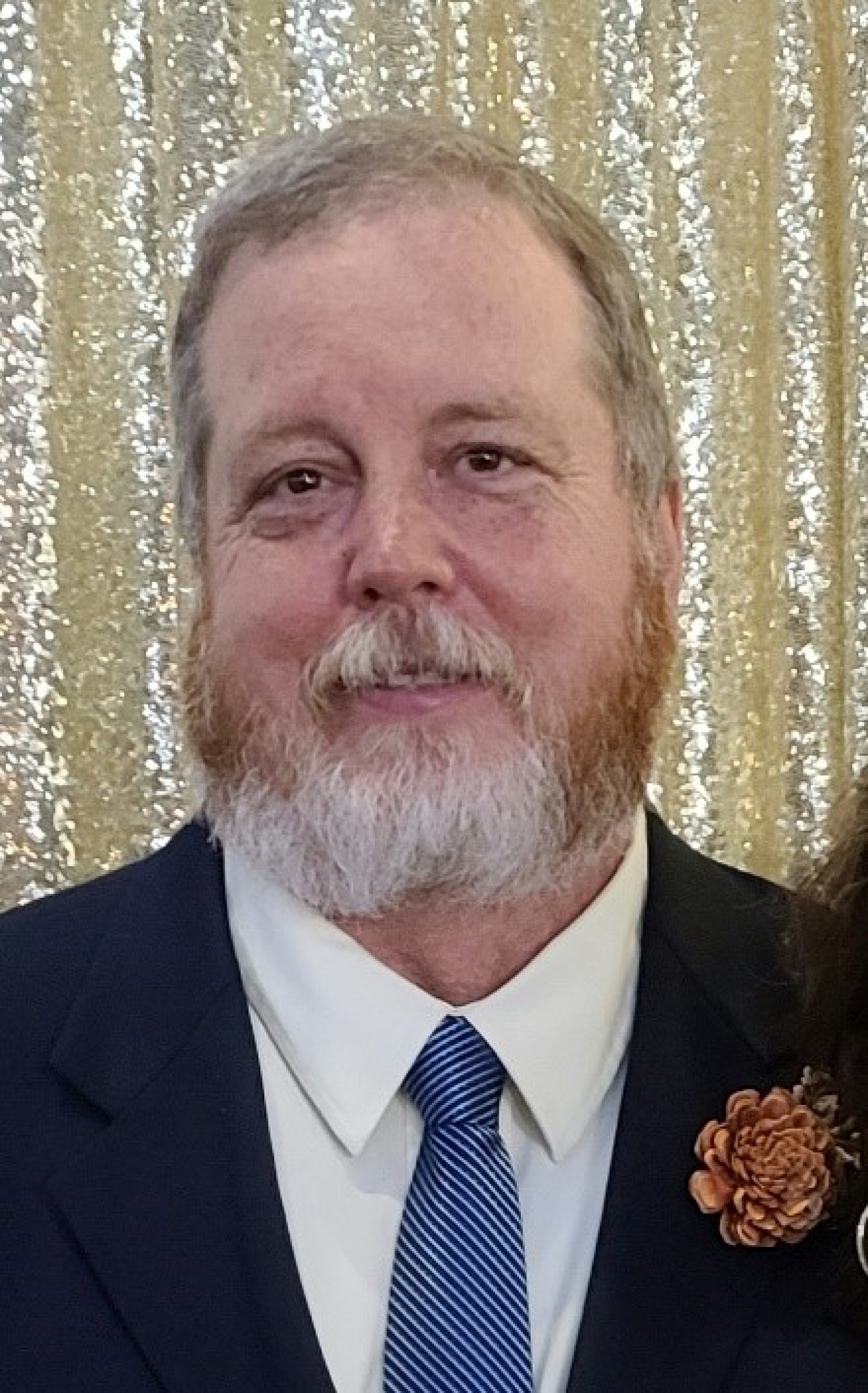
Panelist: Mike Schrider, Vice President and Chief Operating Officer, Ucore Rare Metals, Inc.
Since 1989, Mr. Schrider has been involved in manufacturing, engineering and managing complex structural and mechanical systems projects. He is a multidisciplinary engineer and business leader who has led Ucore’s project development efforts since joining the Company in 2016. Mike was the founder, president and chief engineer of Schrider & Associates, Inc. (SAi) and Alton Bay Design, LLC (ABD), both engineering services firms, for over 17 years. Before that, he held various engineering and management roles in several North American shipyards and a synthetic lubricant manufacturing facility. He received a Bachelor of Science in naval architecture and marine engineering from the University of New Orleans and is a registered Professional Engineer in the State of Louisiana. Mike also holds a Master of Engineering in mining, geological & geophysical engineering (mineral processing emphasis) from The University of Arizona.
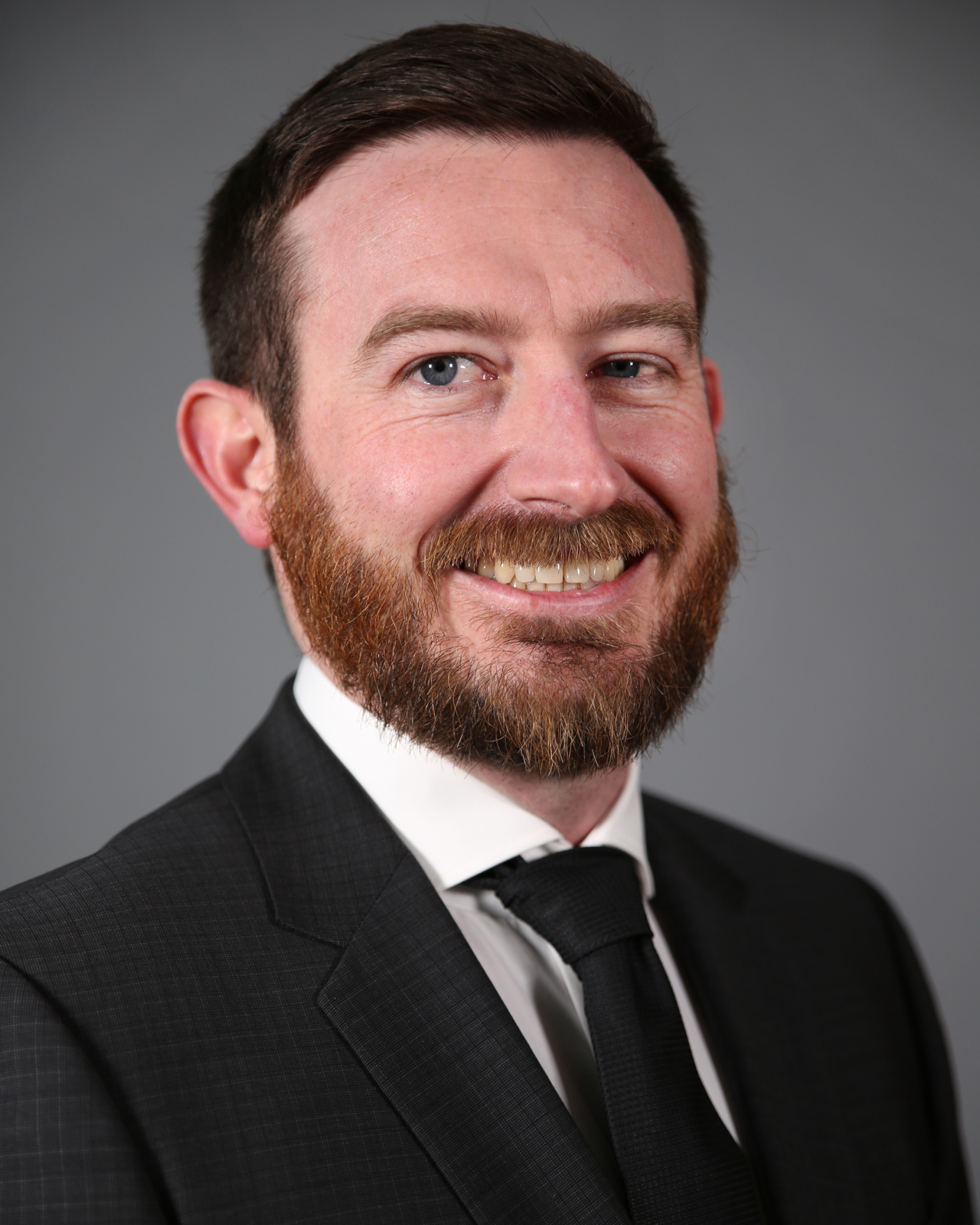
Panelist: Reid Edwards, Sr. Reservoir Engineer, Hilcorp Alaska
Reid Edwards received a Bachelor of Science degree in Chemical Engineering from the University of Wyoming. He started his career in 2006 with ConocoPhillips Alaska where he worked as a Reservoir Engineer. Starting in 2012 he began working with Hilcorp Alaska where he currently works as a Senior Reservoir Engineer. In his current role, he is focused on developing the large undeveloped viscous oil resource within the North Slope’s Milne Point field. Polymer flooding technology has been implemented within the field to develop this resource more efficiently. Reid has led that effort since its inception in 2017.
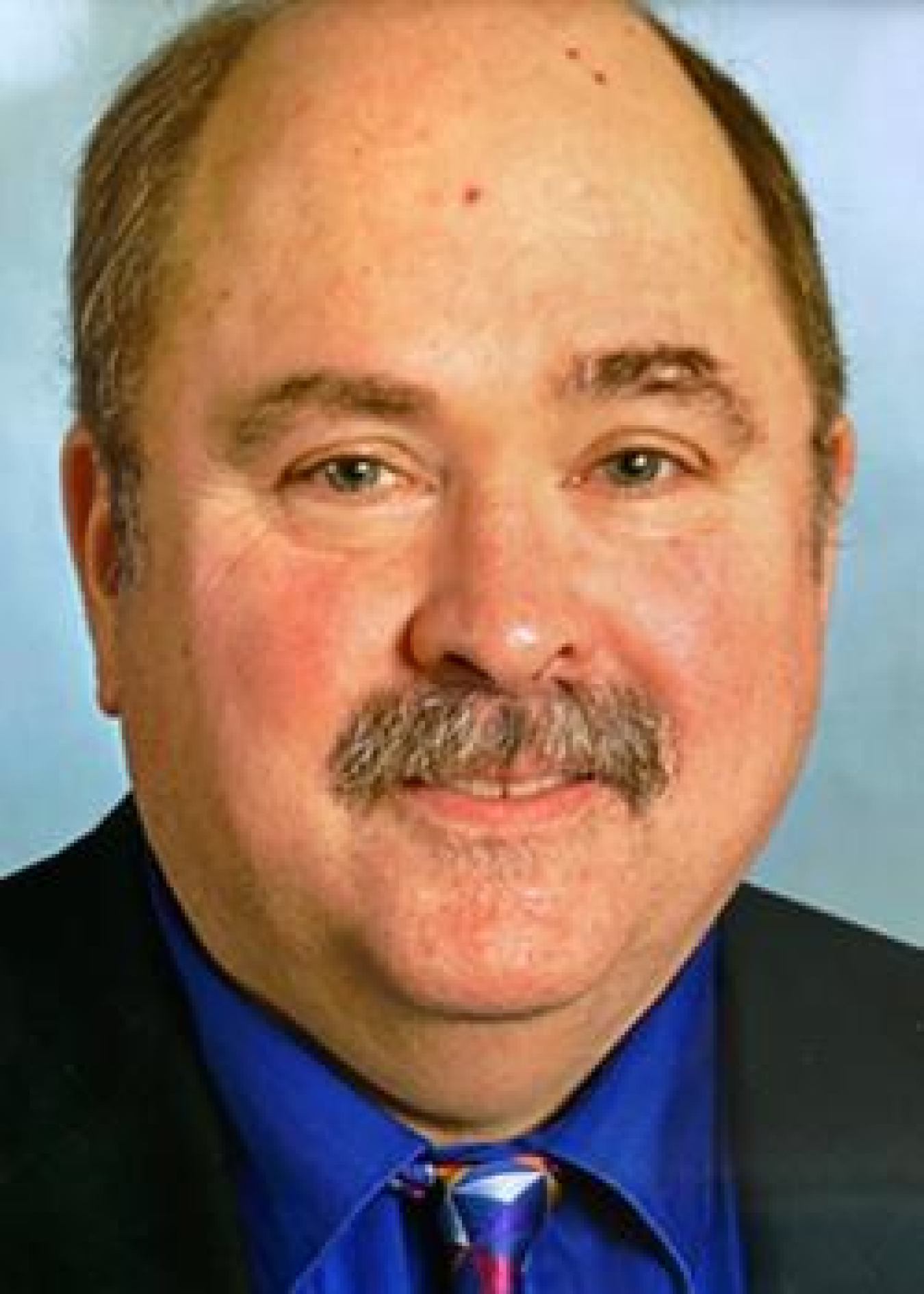
Panelist: Mayor Michael Welch, City of North Pole
Michael Welch has served as the mayor of North Pole, Alaska since October 2018. North Pole is near Fairbanks, with a population around 3,000. It's known for its year-round Christmas decorations, including candy cane–striped street lights. Welch moved to North Pole in July of 1999 and was first elected to the city council in 2005. Welch's mayoral goals include making North Pole a better place to live. “I’d like to see it get a little more mature and find a way to get the city government a little more responsive to the citizens by putting it on the right size level. It’s a little small in staff right now. I’d like to see a better-staffed police department as well as a more modern fire department and they’re doing the best they can, but they’re going to need a little bit of help here along the way because our city’s going to grow, and they have to be able to grow with it.”
Breakout Session 3A: Maritime Decarbonization and Green Shipping Corridors - Global, Regional, and Local Perspectives
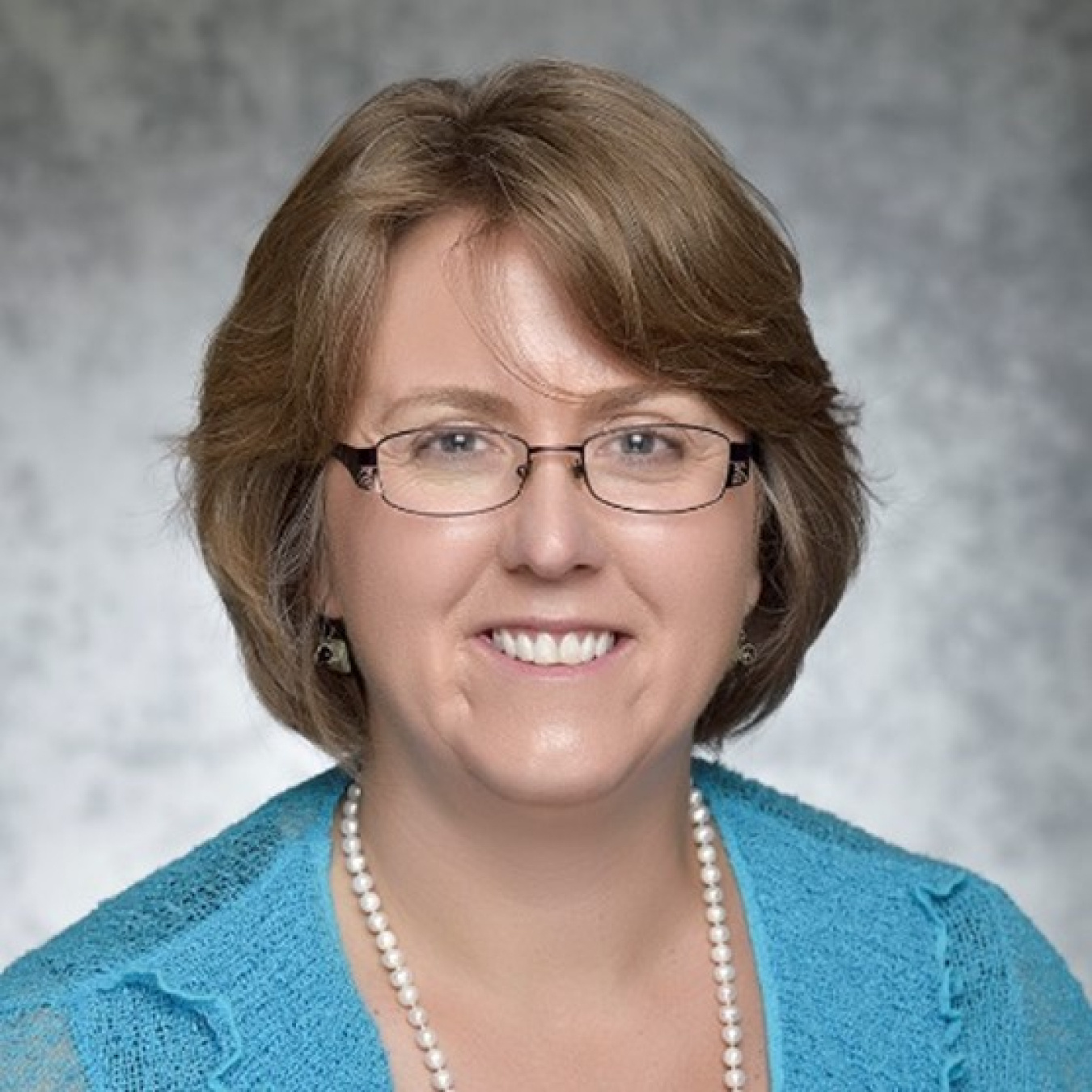
Moderator: Maria DiGiulian, Director of International Science and Technology Collaboration, U.S. Department of Energy
Maria DiGiulian is the Director of the Office of International Science and Technology Collaboration at the Department of Energy. In that role, she is responsible for managing the Department’s International S&T collaborative programs. DOE engages in multiple international science and technology collaborations to maintain the strength and global leadership of the U.S. innovation base and looks at the national and economic security issues associated with those programs. In this role, Ms. DiGiulian leads DOE efforts in Mission Innovation, a 25-member global organization that drives forward global clean energy innovation. She also leads the U.S. government’s Net Zero World Initiative, executed through an interagency and national laboratory consortium. Through Net Zero World, the United States partners with strategically important countries to develop tangible clean energy projects that meet energy needs and decarbonize economies.
Prior to joining the Department of Energy, Ms. DiGiulian was a principal at a political risk consulting firm. In that role she conducted political risk analysis for a variety of private sector clients, including multinational energy firms. She also served as an adjunct professor at George Mason’s School of Public Policy. Earlier in her career she worked at several major law firms, where she focused her practice on international government relations work, trade remedy litigation, and appellate litigation including litigation before the Supreme Court.
Ms. DiGiulian was graduated from Hamilton College with a B.A. in English, and from George Washington University’s Elliott School of International Affairs with an M.A. in East Asian Studies. She holds a J.D. from George Mason University’s Antonin Scalia School of Law.
She lives in Arlington, VA with her husband and two daughters.
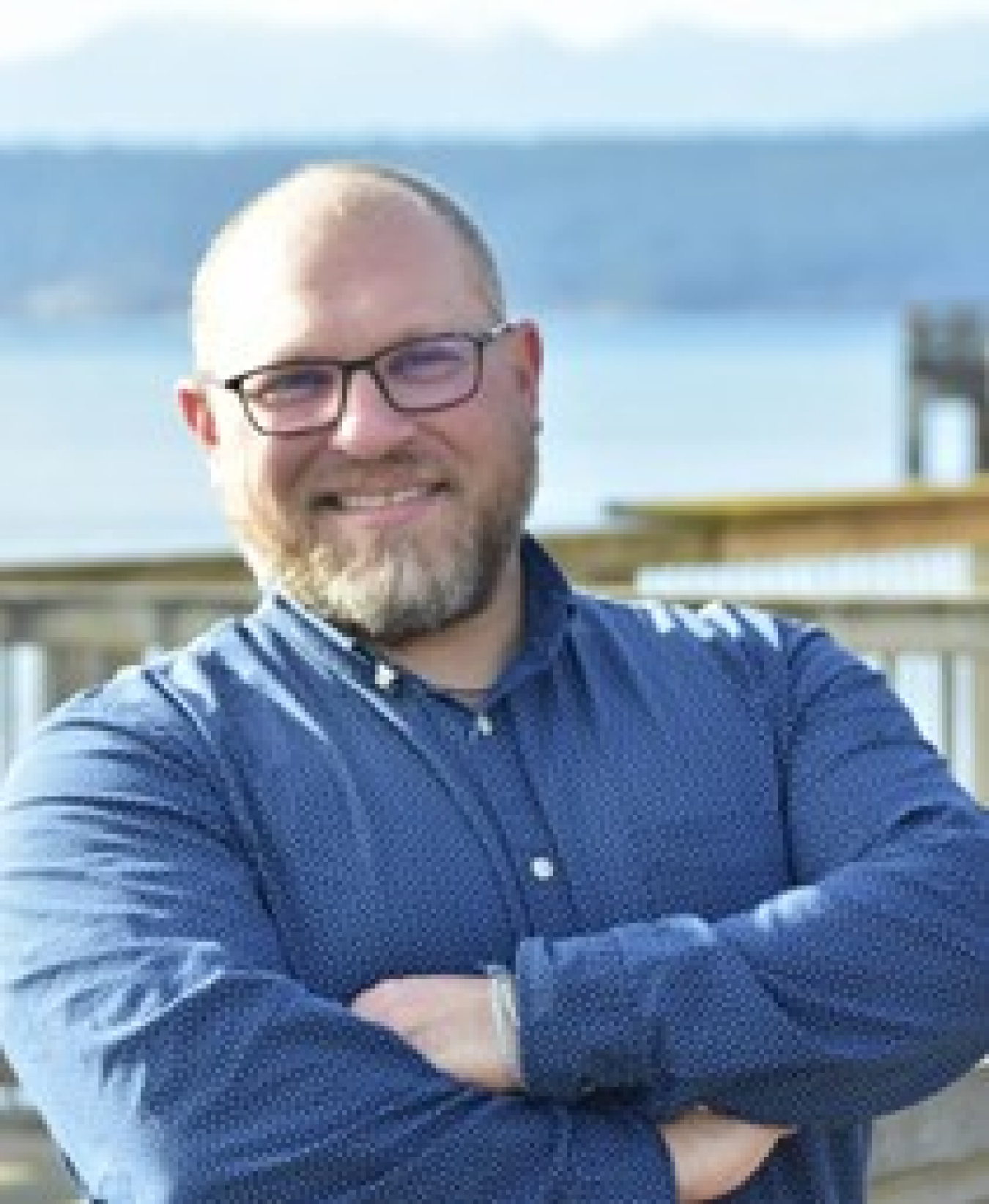
Panelist: Joshua Berger, President, Maritime Blue
Having founded Washington Maritime Blue during his time as Governor Jay Inslee’s Maritime Sector Lead for the State of Washington, Joshua was appointed as President & CEO to help lead the organization’s growth and leadership in the global Blue Economy. As a strategic alliance to accelerate innovation for a sustainable and inclusive maritime and ocean economy, Joshua works at home and abroad to support economic growth, address climate action, and serve communities’ interests.
Formerly, Joshua’s role with the state served as a policy liaison between maritime industry stakeholders, the Governor’s office, legislature and state agencies. As Director of Maritime Economic Development, he focused on building public/private partnerships, and ensuring a 21st century workforce. In his role, Joshua managed the development of Washington State’s Strategy for the Blue Economy for a sustainable, decarbonized maritime industry alongside the development of a Maritime Innovation Center.
Joshua serves on multiple Boards and Advisory Committees supporting maritime and ocean clean technology, innovation and ocean literacy. Before joining the Department of Commerce in 2015, Joshua served as Director of the Washington Maritime Federation and brings extensive maritime industry experience to his position. During his career, he has developed a successful record of leadership in a number of positions including: Maritime Sector Business Development Manager for the Economic Development Council of Seattle and King County; Program Director and Marine Operations Manager at The Evergreen State College; and E3 Regional and Network Coordinator for the Environmental Education Association of Washington
Joshua earned a master’s degree from Antioch University Seattle in Participatory Planning. He is also a licensed and professional Merchant Mariner having worked in the towing industry and aboard traditional sailing ships as platforms for education and training, including nearly ten years as Captain and Restoration Project Manager of the historic schooner Adventuress. He lives in Seattle, WA raising his children as sailors and stewards with his wife Miranda.

Panelist: Jim Jager, Director of External Affairs, Port of Alaska
Jim Jager is Port of Alaska’s business continuity and external affairs director and oversees facility security. He earned a Bachelor of Science at the University of Wisconsin-Madison, a Master of Arts at the University of Missouri School of Journalism and a Juris Doctor at the University of Missouri School of Law. He worked for Agence-France Presse, the Associated Press, the Anchorage Daily News and the Redding (California) Record Searchlight. He supported a variety of energy and infrastructure development projects as Cook Inlet Region Inc. (CIRI) corporate communications director and at The Boutet Company before joining Port of Alaska’s executive team.
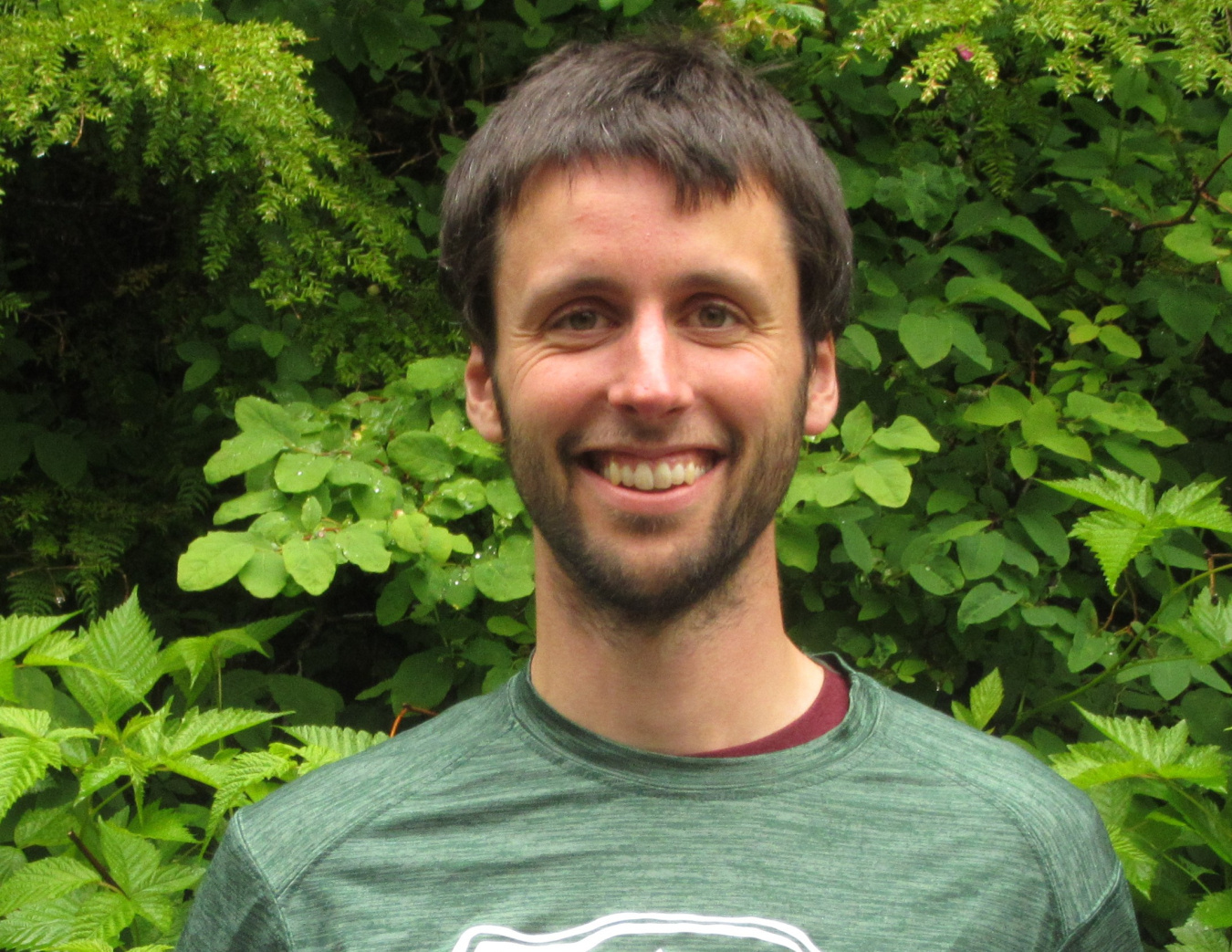
Panelist: Chandler Kemp, Assistant Professor of Sustainable Energy, University of Alaska Fairbanks; Alaska Longline Fishermen’s Association
Chandler is an Assistant Professor of Sustainable Energy at the UAF Bristol Bay campus and principal at Kempy Energetics. Chandler’s experience includes developing computer models of energy systems, researching emission sources, energy auditing , and implementing energy efficiency measures. Chandler was the lead developer of the Fugitive Emissions Abatement Simulation Toolkit—a widely used model of natural gas leak detection systems. Working with the Alaska Longline Fishermen's Association, the Alaska Fisheries Development Foundation and others, Chandler developed the first quantitative model of energy use by Alaska fishing vessels and used the model to help fishermen improve vessel efficiency and access federal funding. Chandler is presently teaching at the Bristol Bay Campus while leading the Energy Transition Initiative Project Partnership between the Alaska Longline Fishermen's Association and the National Renewable Energy Laboratory and providing modeling services to Alaska Heat Smart to support electrification of home heating systems.
Breakout Session 3B: Nuclear Power Solutions in Support of Energy Transitions and Economic Development in the Arctic Domain
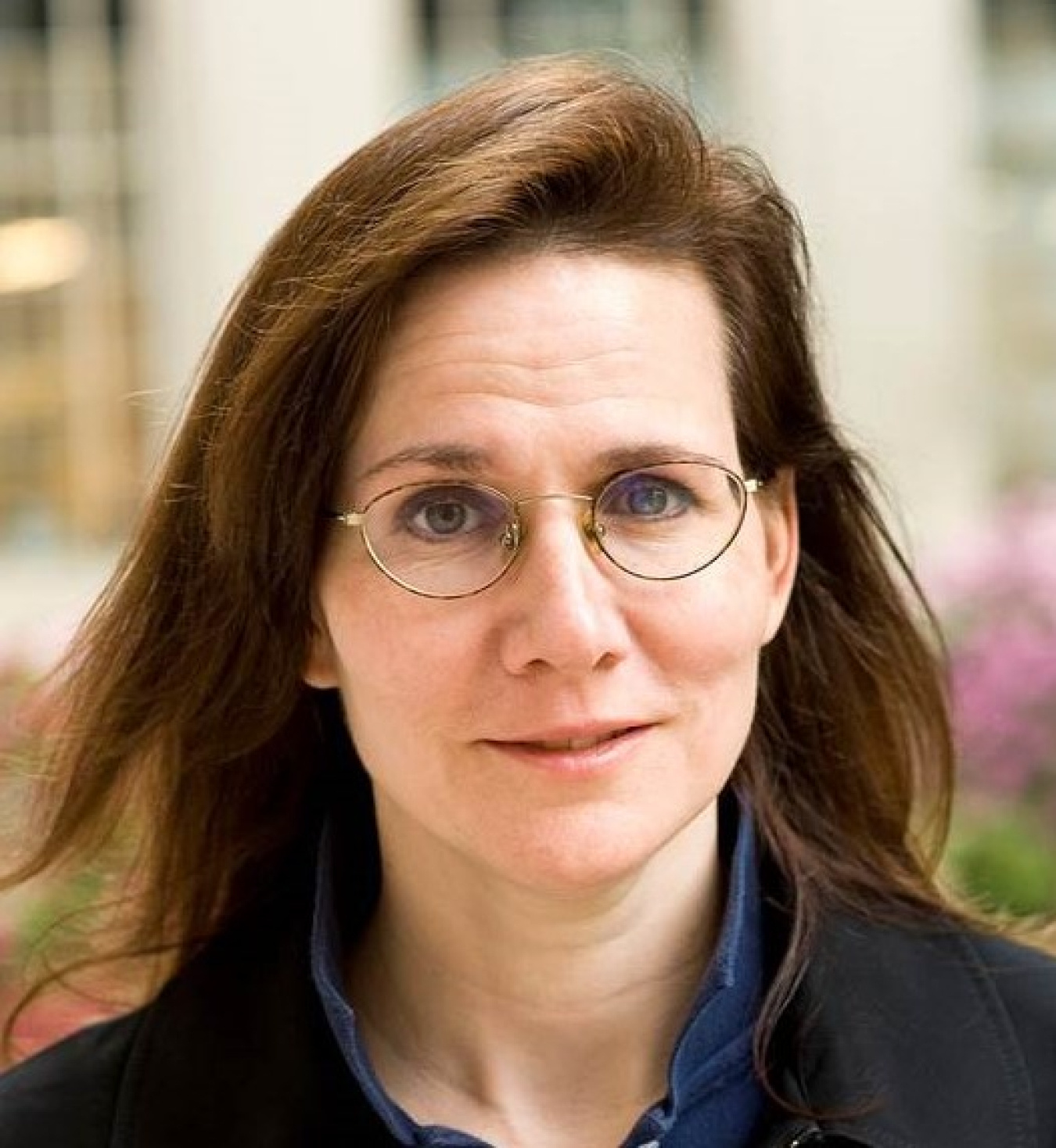
Moderator: Kathleen Araujo, Director – Center for Advanced Energy Studies Energy Policy Institute, Boise State University
Dr. Kathleen Araújo is the Director of the CAES Energy Policy Institute, and Associate Professor of Sustainable Energy Systems, Innovation & Policy at Boise State University. She is also the Book Series Editor for Routledge’s Studies in Energy Transitions, and Co-Chair for the Sustainability Governance Council at Boise State. She specializes in policy and decision-making associated with energy system change and resilience. Her book, Low Carbon Energy Transitions: Turning Points in National Policy and Innovation (Oxford University Press), examines the history of decarbonization in countries following the 1973 oil crisis. Dr. Araujo’s work broadly evaluates regional diversification with energy, nuclear regulation, and resilience of critical energy infrastructure, such as with extreme weather events and cyber risk. Dr. Araújo consults for industry and inter-governmental organizations. She earned her PhD at MIT, and completed post-doctoral research at the Harvard Kennedy School of Government.
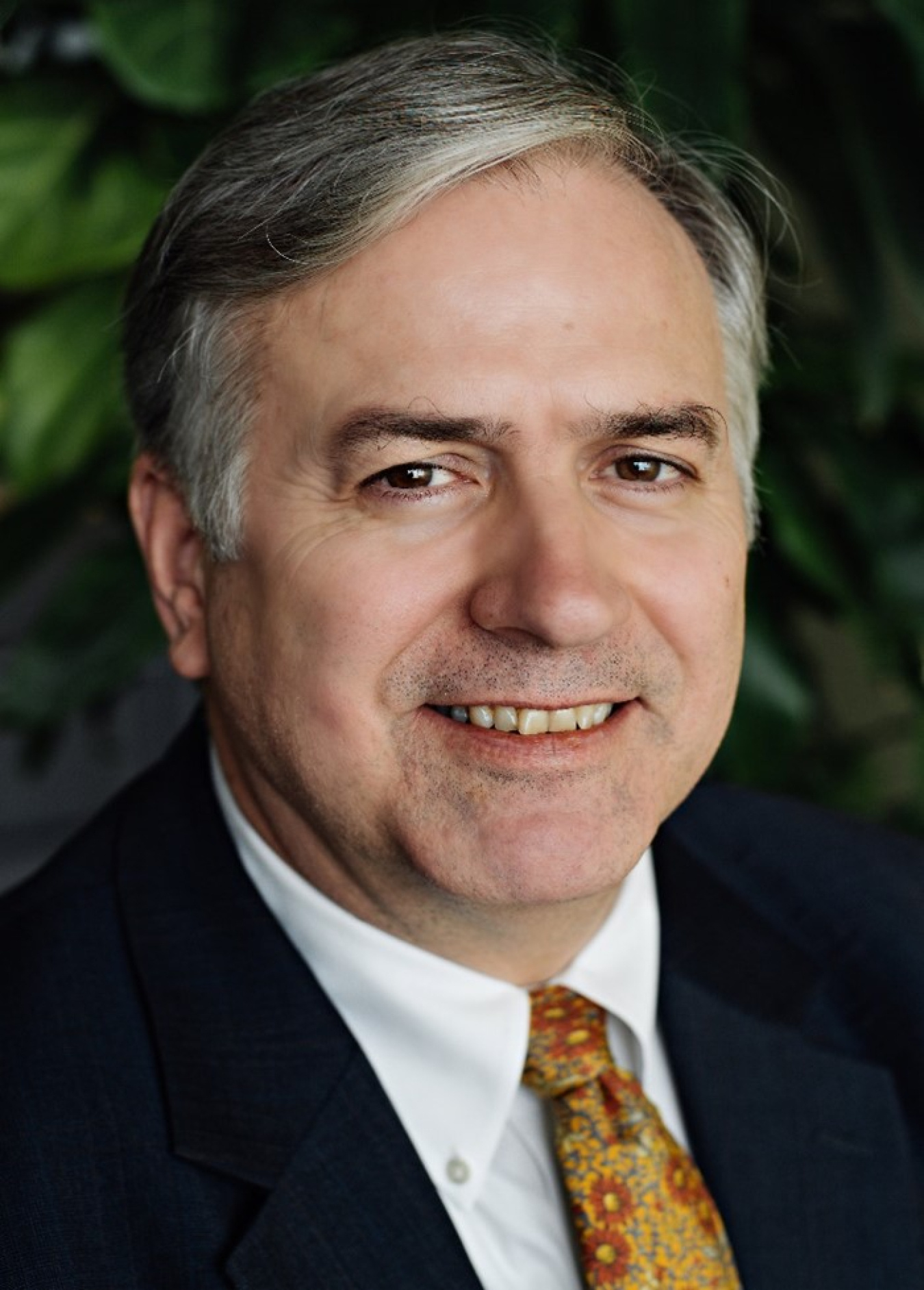
Panelist: John Parsons, Associate Director, MIT Center for Energy and Environmental Policy Research
Dr. Parsons is Senior Lecturer at the Sloan School of Management. His research focuses on the valuation and financing of investments in the energy industry, as well as the problems of risk in energy and environment markets, the transition to a low carbon economy. He is currently an Associate Director at MIT’s Center for Energy and Environmental Policy Research (CEEPR). He was a co-Director of the recent MIT study on the Future of Nuclear Energy in a Carbon Constrained World. Dr. Parsons serves as an Associate Member of the U.S. CFTC’s Energy and Environmental Markets Advisory Committee. Dr. Parsons has been a Visiting Scholar at the U.S. Federal Energy Regulatory Commission. He holds a BA in Economics from Princeton University and a PhD in Economics from Northwestern University.
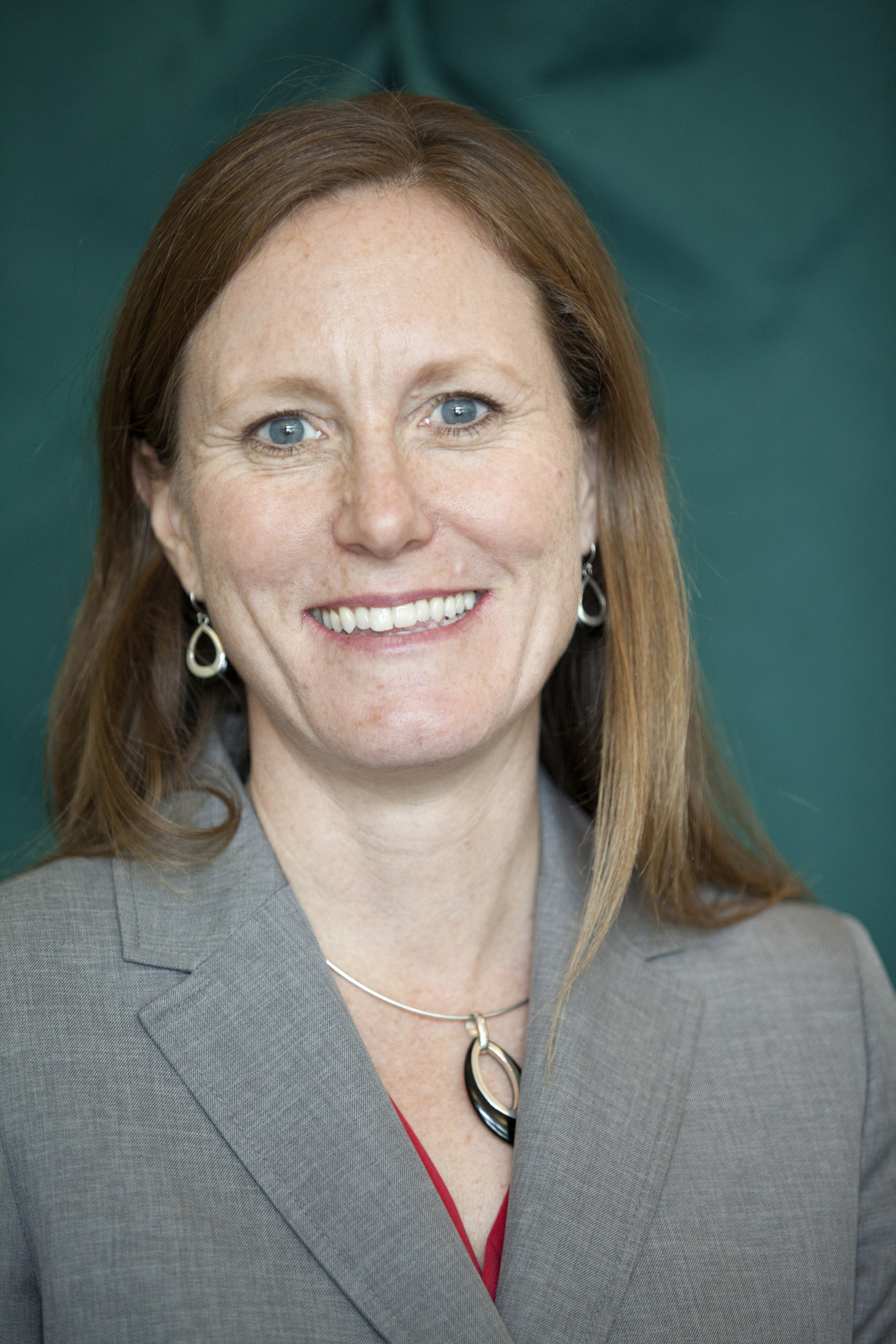
Panelist: Christi Bell, Associate Vice Chancellor and Executive Director of the University of Alaska Anchorage Business Enterprise Institute
Ms. Christi Bell is Associate Vice Chancellor and Executive Director of the University Alaska Anchorage, Business Enterprise Institute. Bell has been engaged in providing consulting and technical assistance to community-based and private sector organizations throughout Alaska for nearly 30 years. Through her current position she provides leadership to a team of 50+ professionals, faculty and students and a variety of economic development programs including: the UA Center for Economic Development, the Alaska Small Business Development Center, the Alaska Procurement Technical Center, the Alaska Manufacturing Extension Partnership, the Alaska Cooperative Development Center, as well as the Applied Environmental Research Center and Center for Strategic Partnerships and Research.
Bell holds a CEcD (Certificate in Economic Development) from the International Economic Development Council, a MBTI certificate as well as a Master of Business degree and a Master of Science degree in Resource Management, both from the University of Alaska Fairbanks.
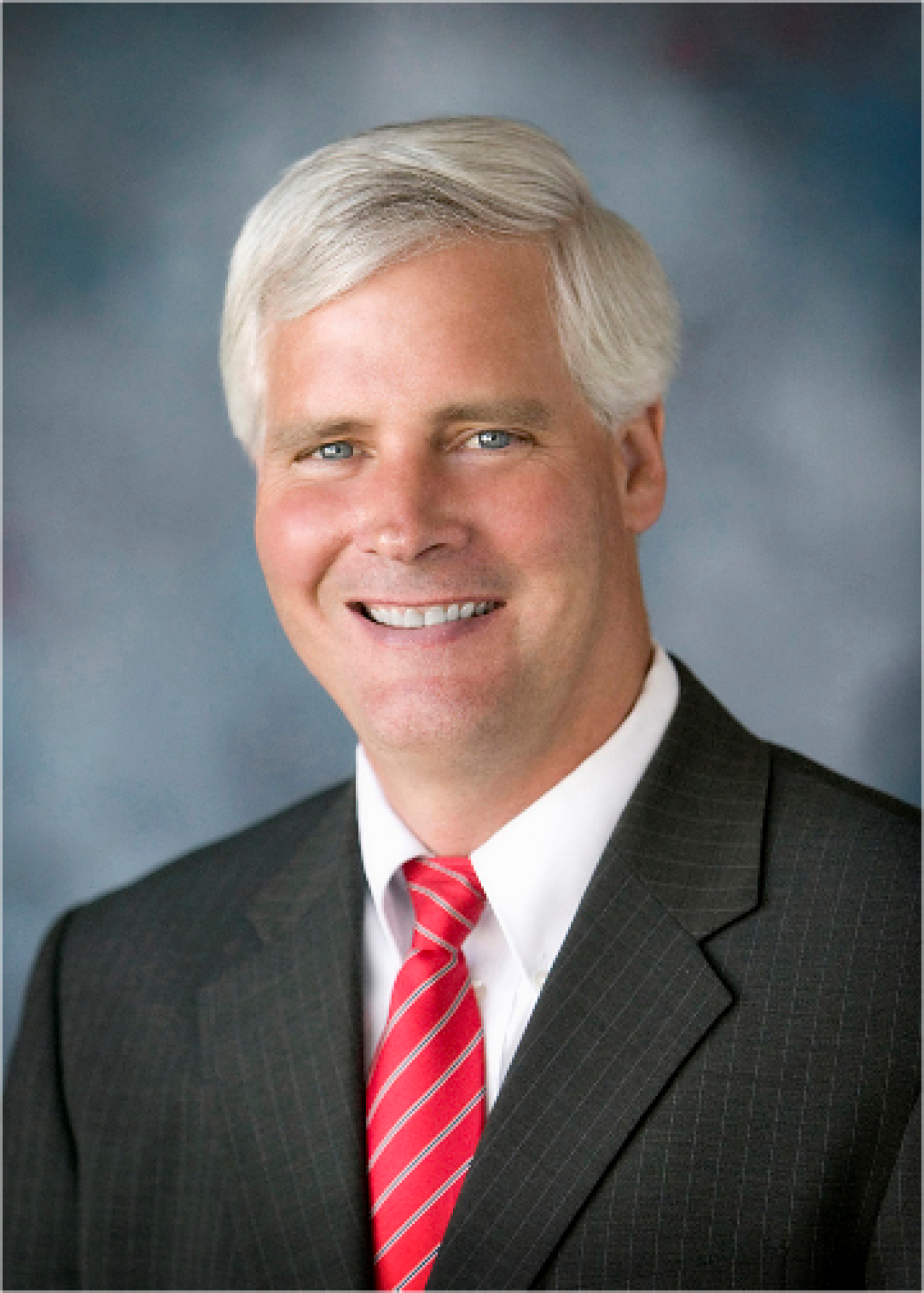
Panelist: Paul Kjellander, Former President, National Association of Regulatory Utility Commissioners
Paul Kjellander served as President of the Idaho Public Utilities Commission (IPUC), having been appointed to four six-year terms beginning in 1999. He was the longest serving President of the IPUC. He recently retired from state service and now works as a consultant in the energy sector. His new work through the Idaho National Lab focuses on advanced energy resource development.
As a commissioner, Kjellander was a member of the National Association of Regulatory Utility Commissioners’ (NARUC) board of directors and executive committee, Kjellander was elected to serve as President of the association. As NARUC president he established a multiyear conference theme for the association and worked with commissioners at the Federal Energy Regulatory Commission to create the Joint Federal-State Task Force on Electric Transmission.
During his tenure at NARUC, Kjellander served on NARUC’s Committee on Consumer Affairs, the Electricity Committee, and was the past Chair of the Committee on Telecommunications. He also was a member of the Subcommittee on Regulatory and Industry Diversity and the Subcommittee on Education and Research.
Kjellander also served as President of the National Council on Electricity Policy, which is funded by the US Department of Energy and managed by NARUC. He was also a board member of the Financial Research Institute and the New Mexico State University’s Current Issues Advisory Board. Other service included a membership on the Federal Communications Commission’s 706 Joint Board, the North American Numbering Council, and the Advisory Council of the Electric Power Research Institute. Additionally, he served as chairman of the FCC’s Federal-State Joint Board on Jurisdictional Separations.
Kjellander’s service was briefly interrupted in 2007 when Gov. C.L. Otter tasked Kjellander with creating Idaho’s Office of Energy Resources (OER). This cabinet level position played a significant role in establishing the state’s energy policy direction.
During his time at OER, which is now known as the Office of Energy and Mineral Resources, Kjellander created an aggressive energy efficiency program funded through the federal American Recovery and Reinvestment Act of 2009. Kjellander established the Idaho Strategic Energy Alliance and remained a member of that group until his retirement from state service. He also served on the board of the National Association of State Energy Officials (NASEO).
Before joining the commission in 1999, Kjellander was elected to three terms in the Idaho House of Representatives, where he served from 1994-1999. As a legislator, Kjellander served on several committees, including the House State Affairs, Judiciary and Rules, Ways and Means, Local Government and Transportation. During his final term in office, Kjellander was elected to leadership as Chairman of the House Majority Caucus.
Prior to his legislative service, Kjellander was director of Boise State University’s College of Applied Technology Distance Learning, where he earned tenured faculty status and served in various positions including program head of broadcast technology, station manager of BSU Radio Network, director of the Special Projects Unit for BSU Radio and as BSU Radio’s director of News and Public Affairs. As a broadcast journalist, Kjellander received over 30 professional awards for his reporting. He also contributed reports to multiple regional and nationally distributed programs.
Kjellander earned undergraduate degrees in communications, psychology, and art from Muskingum University in Ohio, and earned a master’s degree in telecommunications from Ohio University.

Panelist: Richard Vilim, Senior Nuclear Engineer, Argonne National Laboratory
Richard Vilim is a Senior Nuclear Engineer at Argonne National Laboratory and heads the Plant Analysis & Control & Sensors Department in the Nuclear Science and Engineering Division. He has over 30 years of professional experience in the design and safety analysis of nuclear reactors with ongoing research projects involving modeling and simulation of nuclear systems, control system design for flexible operation, the use of energy storage for load leveling, and artificial intelligence and machine learning for realizing near autonomous operation. He received his Ph.D. from the Massachusetts Institute of Technology. He is an author on over 300 reports and publications and nine U.S. patents.
Breakout Session 4A: Subsurface Resources for Clean Energy Transition - Geothermal Energy
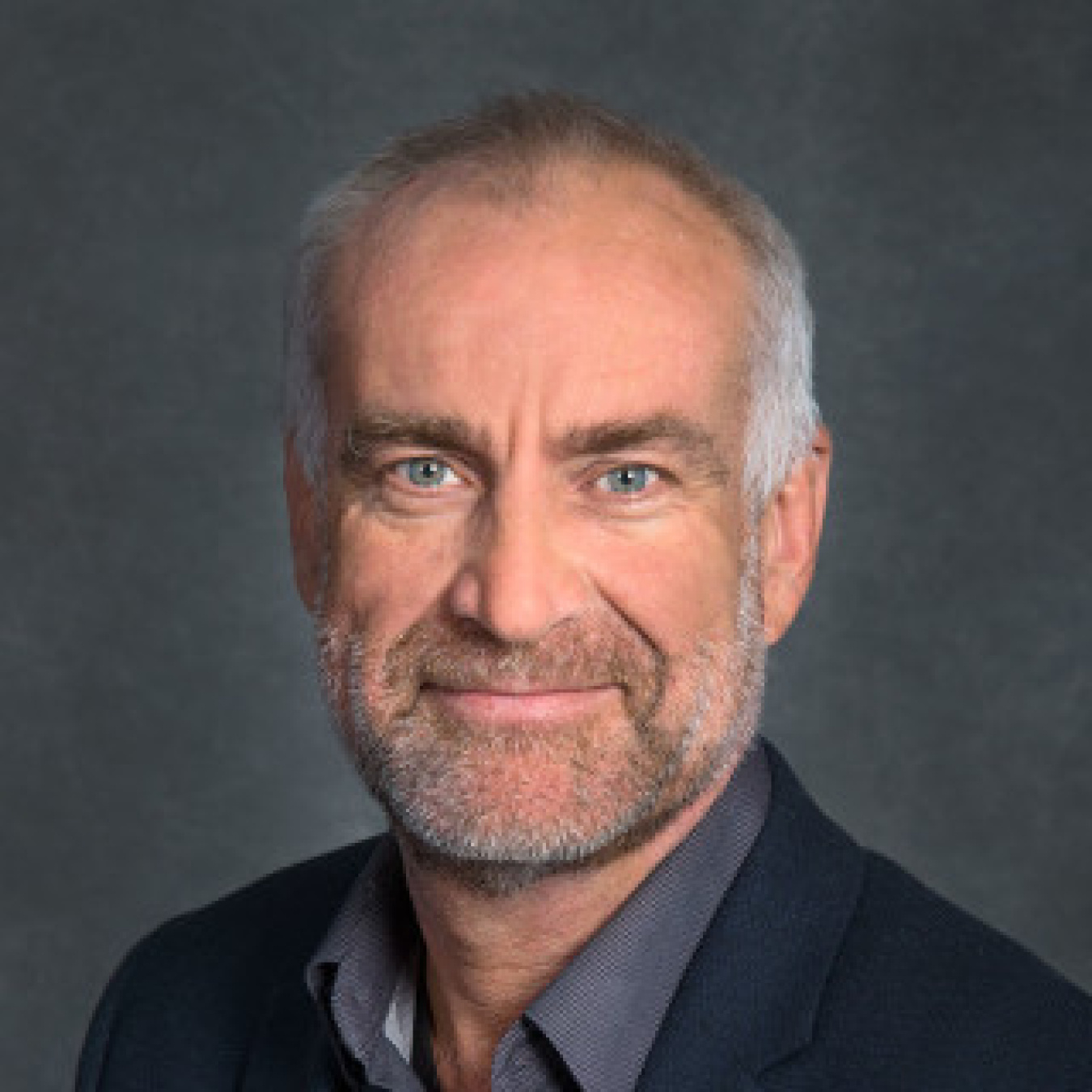
Moderator: Dr. Jens Birkholzer, Associate Laboratory Director, Lawrence Berkeley National Laboratory
Dr. Jens Birkholzer is a Senior Scientist at Lawrence Berkeley National Laboratory (LBNL, Berkeley Lab). As an internationally recognized expert in subsurface energy applications and environmental impact assessment, he currently serves as the Associate Laboratory Director (Acting) for the Earth and Environmental Sciences Area (EESA) at LBNL and was formerly Director of its Energy Geosciences Division (EGD). EESA is a premier organization of ~500 staff and affiliates with expertise in climate and ecosystem sciences and energy geosciences. This organization is focused on tackling some of the most pressing environmental and energy challenges of the 21st Century.
Dr. Birkholzer received his Ph.D. in water resources, hydrology, and soil science from Aachen University of Technology in Germany in 1994. He joined LBNL in 1994, left for a management position in his native Germany in 1999, and eventually returned to LBNL in 2001. He has over 400 scientific publications, about 170 of which are in peer-reviewed journals, in addition to numerous research reports. He serves on the Editorial Board of the International Journal of Greenhouse Gas Control (IJGGC), the Energies Journal (Geo-Energy Section), and is also an Editorial Policy Advisor for the Journal of Geomechanics for Energy and the Environment (GETE). Dr. Birkholzer leads the international DECOVALEX Project as its Chairman, is a Fellow of the Geological Society of America, and a Senior Fellow of the California Council on Science and Technology.
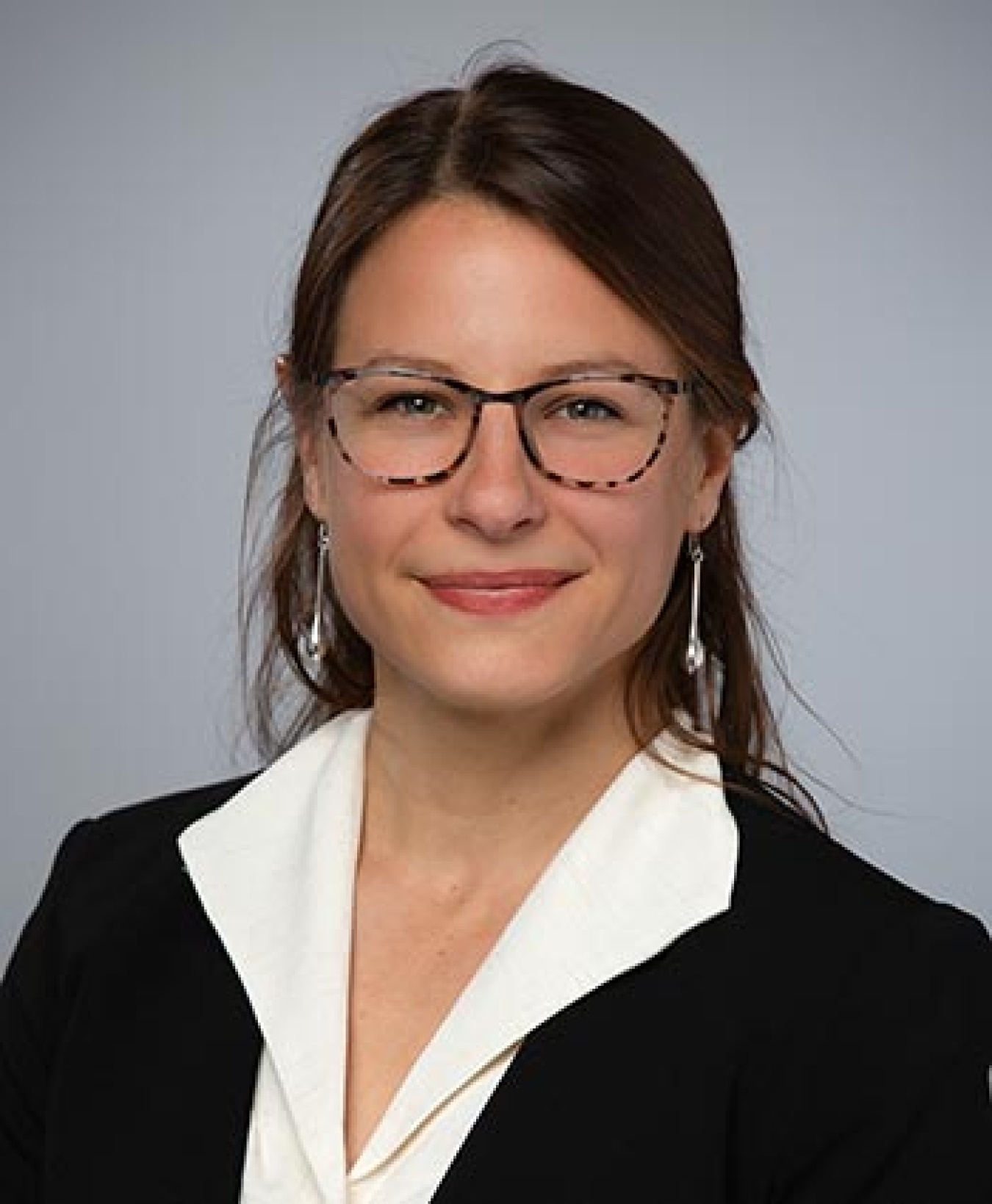
Panelist: Amanda Kolker, Geothermal Program Lead, National Renewable Energy Laboratory
Amanda Kolker is the laboratory program manager for Geothermal at NREL. She has more than 15 years of professional experience as a geothermal geologist, specializing in resource exploration and sustainable production of geothermal energy.
With a background in volcanology and geochemistry, Kolker has worked in academia, government, and private industry in the United States and abroad. She values multidisciplinary and innovative approaches to the energy question and enjoys working at the intersections of geoscience, policy, and economics.
Prior to her current role as laboratory program manager, Kolker joined NREL in 2019 as a research scientist, leading international research projects and consortia on exploration and resource assessment, innovative utilization of geothermal energy, energy resilience and equity, and other subjects. She serves as a thought leader in renewable energy strategy and integration efforts at NREL.
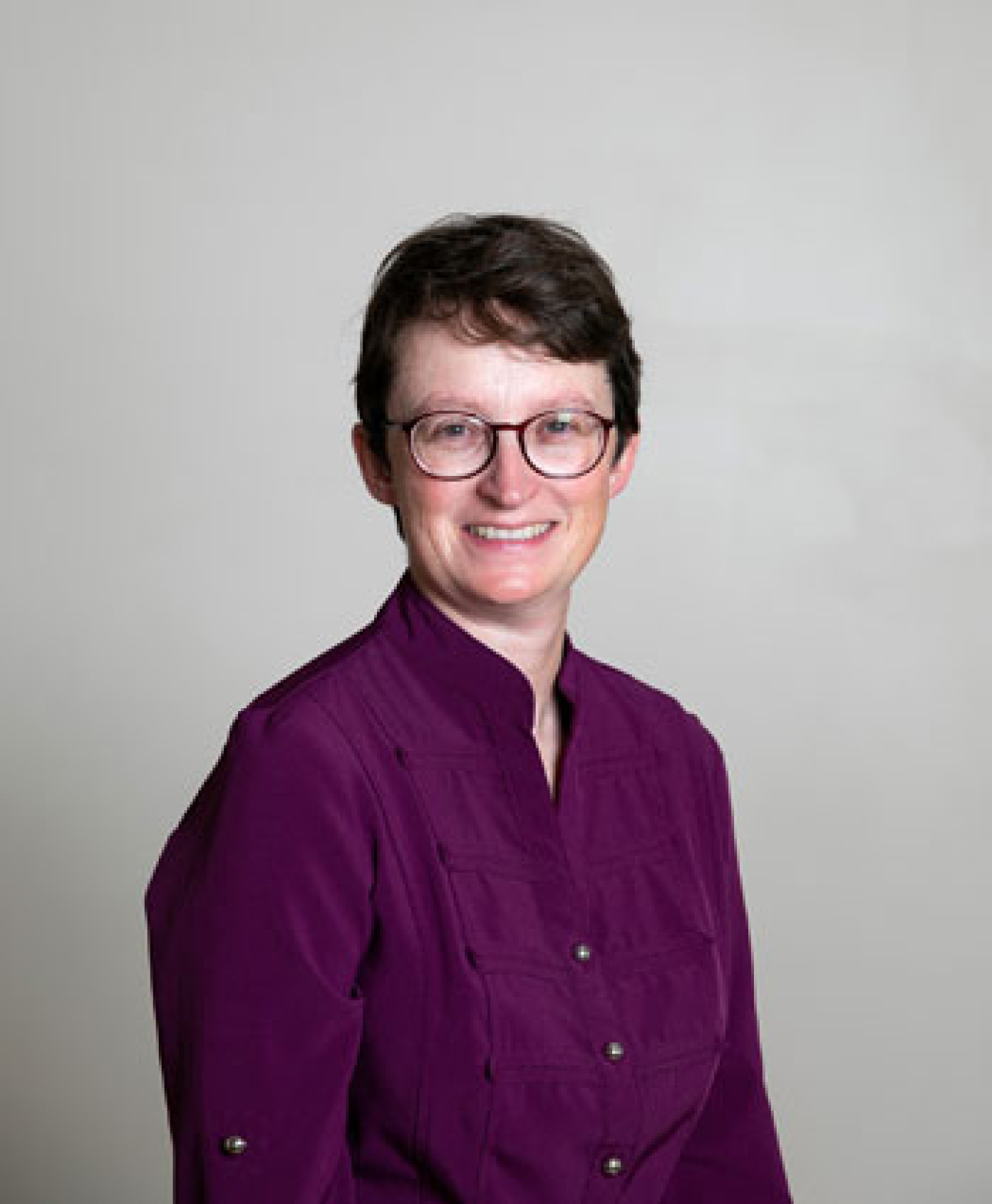
Panelist: Robbin Garber-Slaght, Cold Climate Housing Research Center, National Renewable Energy Laboratory
Robbin Garber-Slaght joined NREL in 2020 as part of the Cold Climate Housing Research Center with a focus on residential construction in extreme cold environments. Her work focuses on durability of building envelopes, indoor air quality, and heating systems for cold and remote locations. Garber-Slaght has a diverse background that includes six years as an educator in rural Alaska. Prior to joining NREL she worked for the non-profit Cold Climate Housing Research Center as a research engineer for 11 years. Robbin is a licensed Professional Engineer (PE) in Alaska.
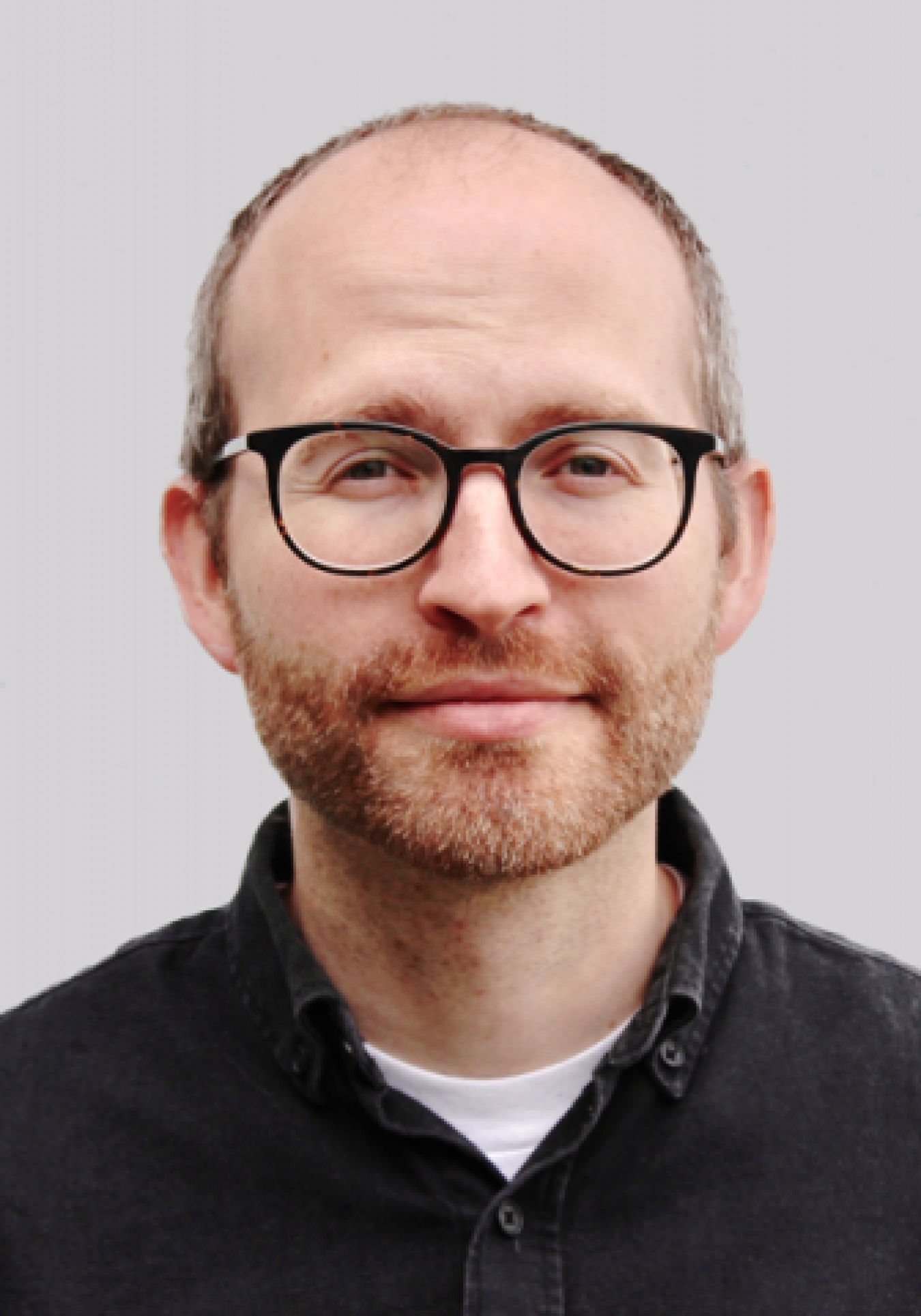
Panelist: Carl Hoiland, Co-Founder, Zanskar Energy
Carl Hoiland is an exploration geologist with experience researching the effects and timescales of plate tectonic interactions—including how those interactions control natural resource distributions—for both industry and academia. He holds a Ph.D. from the Dept. of Geological Sciences at Stanford University where he was an NSF Graduate Research Fellow and currently serves as visiting scholar as part of a geothermal research collaboration with the TomKat Center for Sustainable Energy.
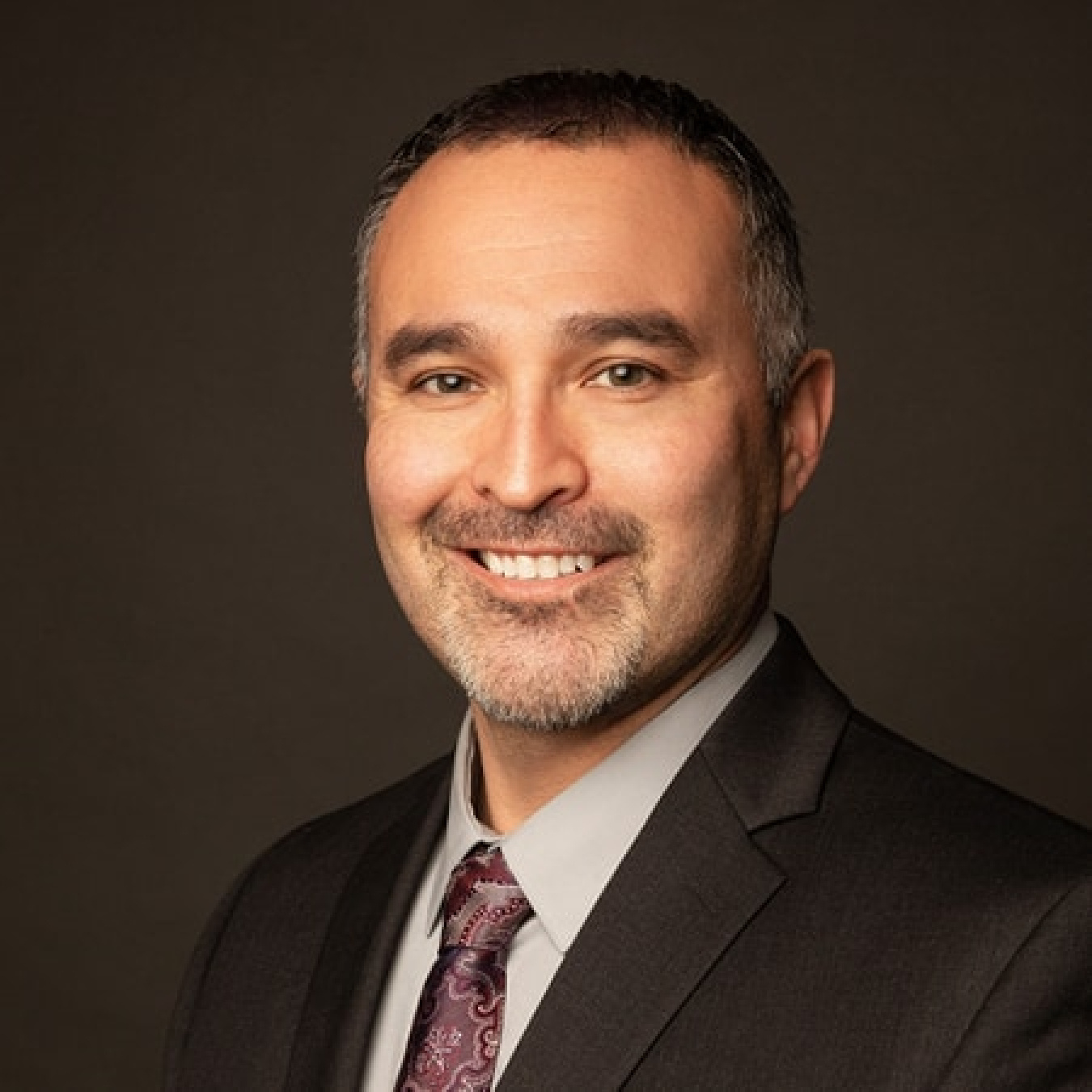
Panelist: Larry Pederson, Vice President of Nome Operations, Bering Straits Native Corporation
Larry Pederson serves as BSNC’s Vice President of Nome Operations. Pederson is responsible for the corporate and subsidiary operations in Nome.
Pederson, a BSNC shareholder, formerly served as BSNC’s Vice President of Lands and Resources. Pederson earned a Bachelor of Science degree in Environmental Biology from Fort Lewis College in Durango, Colo. He joined the Company with more than 8 years of experience in environmental contracting and management. In addition to his employment with BSNC, Pederson is currently the President of Council Native Corporation, on the Nome Planning Commission, Golovin Bay Watershed Alliance, and the Alaska Airlines Community Advisory Board for Nome.
Breakout Session 4B: Climate Issues Affecting Arctic Development
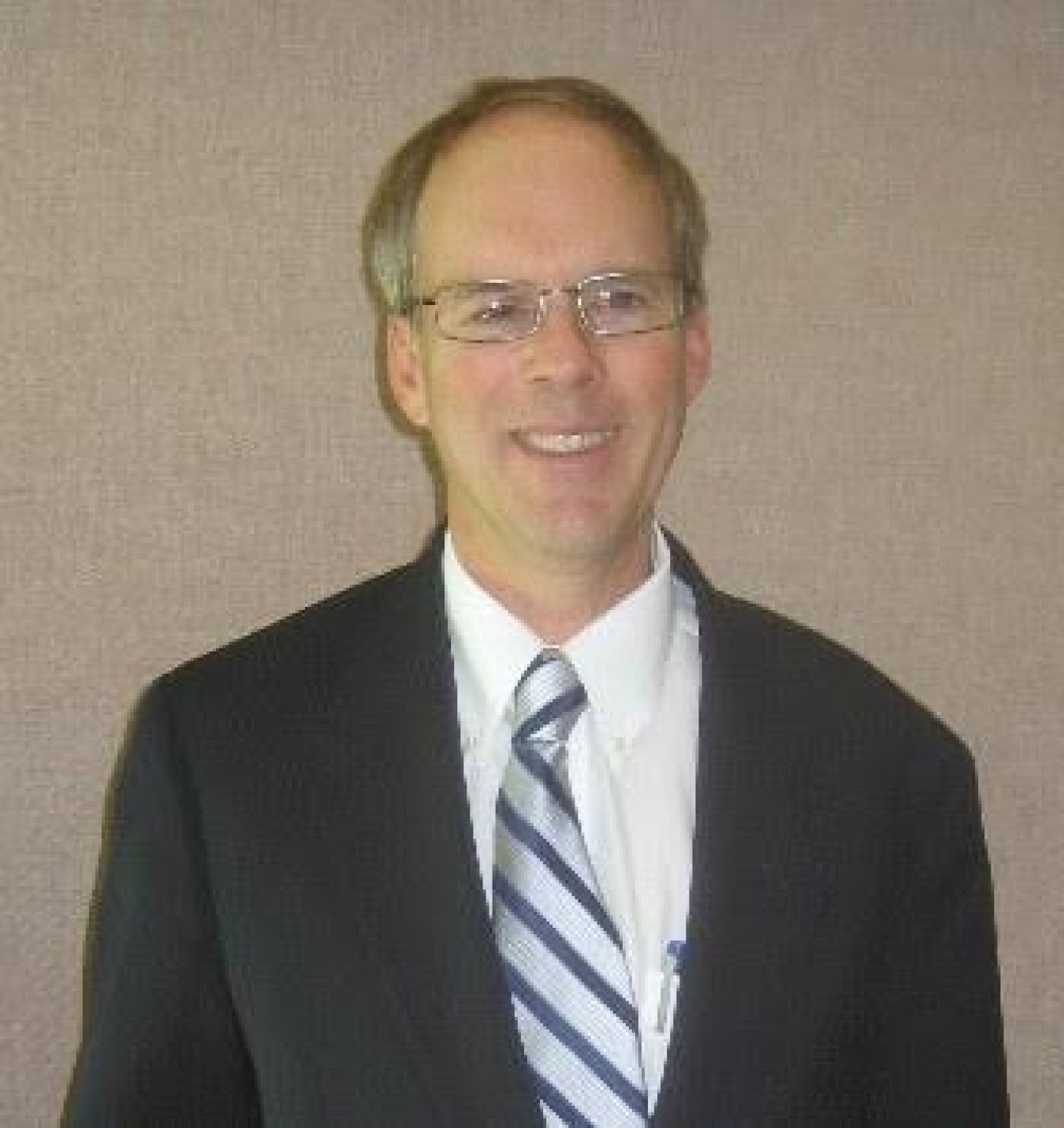
Moderator: Gary Geernaert, Director, Climate and Environmental Sciences, Office of Science, U.S. Department of Energy
Gary Geernaert is Director of the Earth and Environmental System Sciences Division, at the US Department of Energy. In this capacity, he oversees DOE’s investments in basic research involving climate change and related disciplines, including oversight of two scientific user facilities and several major modeling capabilities. He chairs, co-chairs, or represents DOE in several White House interagency coordination committees. Prior to joining DOE, Geernaert was Director of the Institute of Geophysics and Planetary Physics at Los Alamos National Laboratory; Department Director at the Danish Environmental Research Institute; and a Program Manager at the US Office of Naval Research. Over his career, he has published four books and over 100 scientific articles.
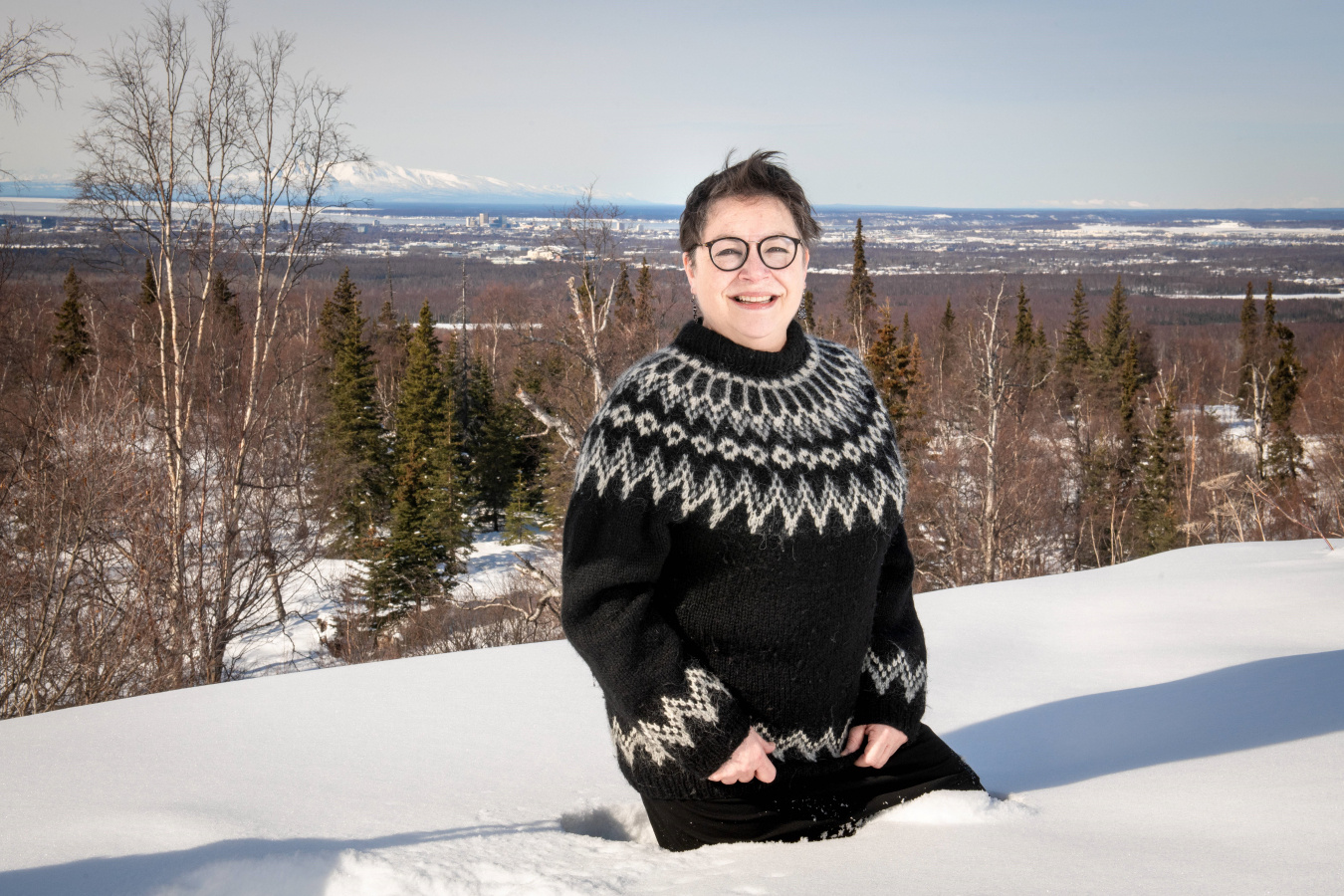
Panelist: Diane Hirshberg, Director & Professor of Education Policy, Institute of Social and Economic Research, University of Alaska Anchorage; Vice-President Academic, University of the Arctic
Diane Hirshberg is Director and Professor of Education Policy at the Institute of Social and Economic Research, University of Alaska Anchorage. She also serves as Vice-President Academic for the University of the Arctic and sits on the Board of the Arctic Research Consortium of the U.S. She has studied the boarding school experiences of Alaska Native students, teacher supply, demand, and turnover, including the cost of teacher turnover in Alaska, co-authored the education chapter for the Arctic Human Development Report II, and co-edited "Including the North: A Comparative Study of the Policies on Inclusion and Equity in the Circumpolar North." Her current work focuses on the role of education and knowledge sharing in self-determined sustainable development in remote villages and in supporting community efforts to build energy security and sustainability in northern and Indigenous communities. Dr. Hirshberg currently teaches in the Master of Public Policy Program in the UAA College of Business and Public Policy. She has a Ph.D. in Education from UCLA, a Master of Public Administration from Columbia University, and two bachelor's degrees from UC Berkeley.
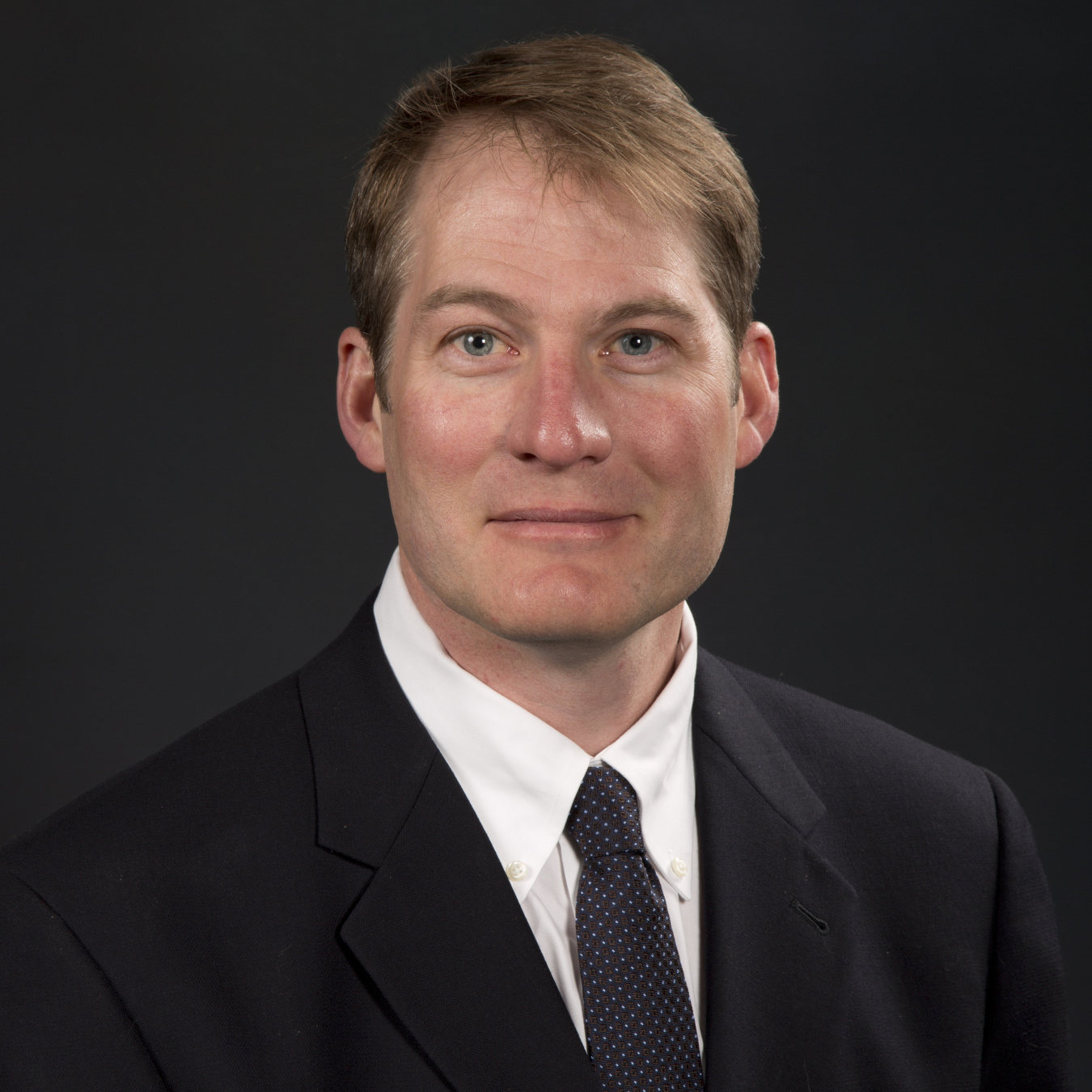
Panelist: Joel Rowland, Scientist, Earth & Environmental Sciences Division, Los Alamos National Laboratory
Dr. Joel Rowland is a staff scientist at Los Alamos National Laboratory with two decades of research experience in Alaska, much it focused on Arctic rivers, floodplains, coasts, and changing landscapes. His research expertise includes remote sensing of river and lake changes, permafrost hydrology modeling, permafrost degradation, fluvial geomorphology, and coastal processes. He is the lead Principal Investigator on the DOE Biological and Environmental Research Program Earth and Environmental Systems Science Division Interdisciplinary Research for Arctic Coastal Environments (InteRFACE) project which is a multi-lab and University project that includes ocean and sea ice modelers, hydrologists, coastal modelers, economists, and political scientists. InteRFACE focuses on using Earth System Models to improve the predictability of compounding changes in natural and human systems in the Arctic. He has also served as a research lead on the DOE NGEE-Arctic project for the past 10 years with a particular focus on how physical disturbances will alter the Arctic landscape.
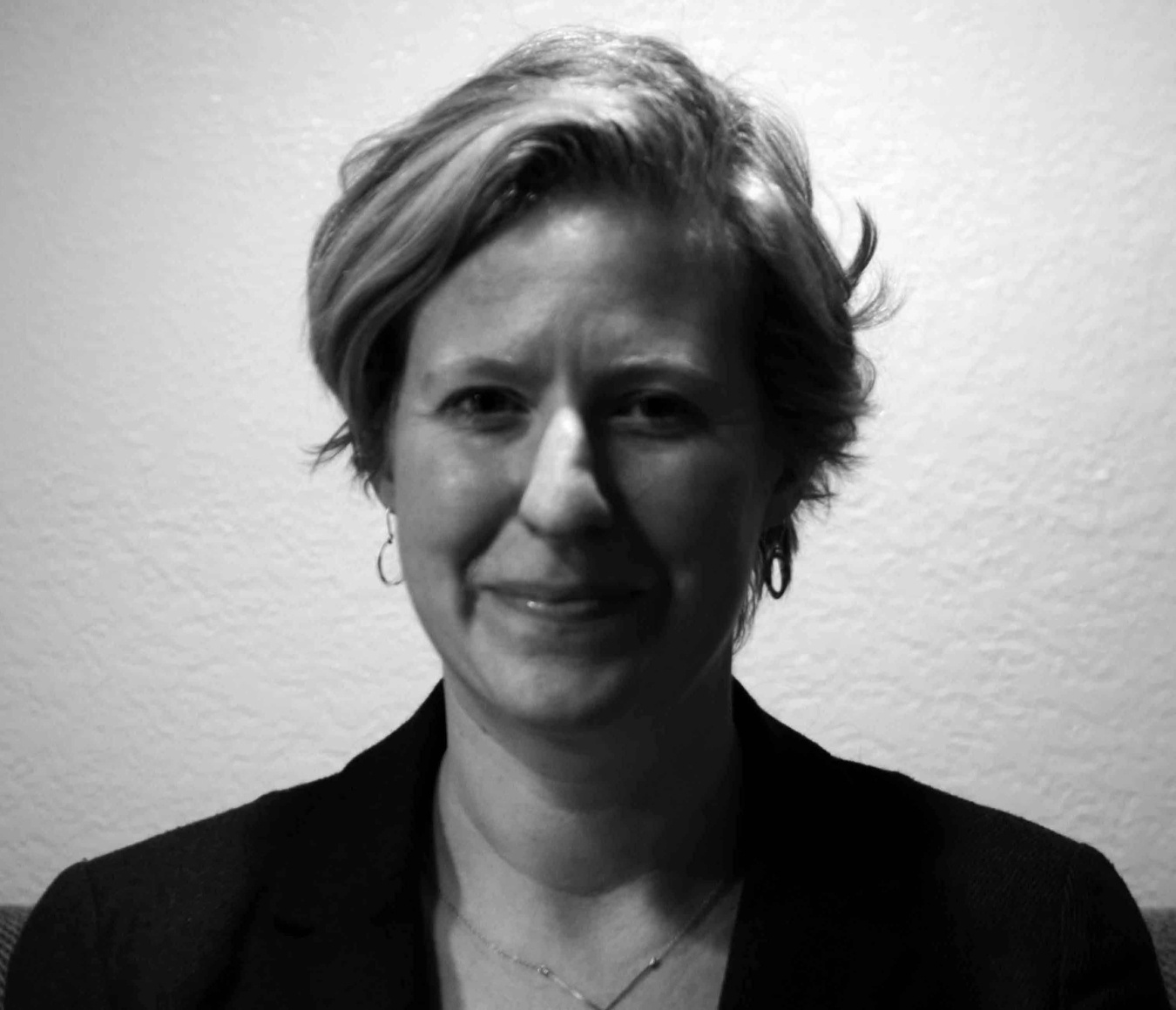
Panelist: Jessica Cherry, Regional Climate Services Director for Alaska Region, NOAA National Centers for Environmental Information
Jessica Cherry is NOAA’s Regional Climate Services Director for Alaska. She is a geoscientist, commercial airplane pilot, and writer based in Anchorage, Alaska. After earning four degrees at Columbia University in New York City, Jessie made her way to Fairbanks in 2006 where she served as a research faculty member at the University of Alaska Fairbanks for 12 years. After being a two-time finalist for the NASA astronaut program, Jessie joined NOAA in 2017. Her first book is forthcoming from the University of Nebraska Press this fall.
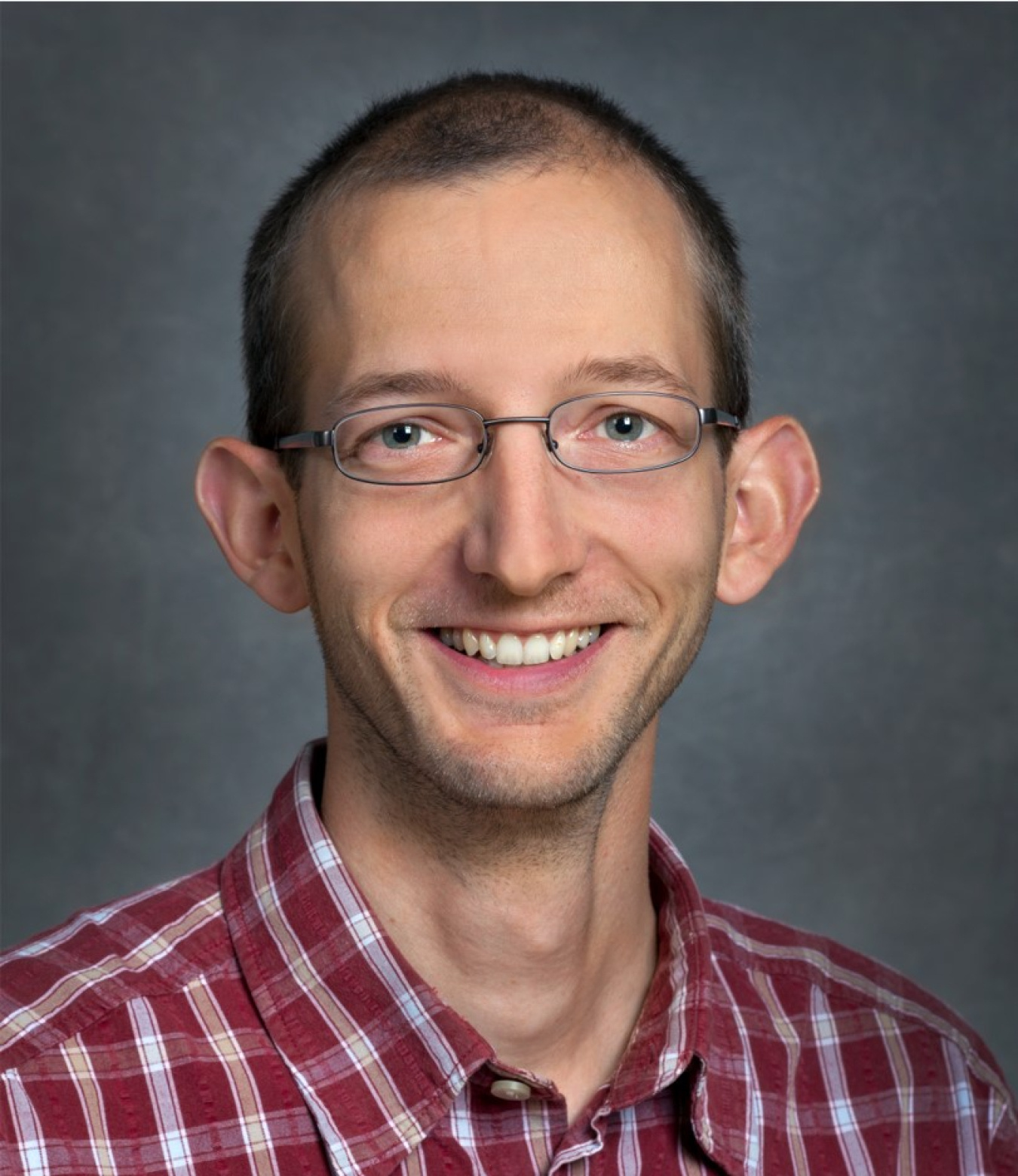
Panelist: Baptiste Dafflon, Scientist, Earth & Environmental Sciences, Lawrence Berkeley National Laboratory
Baptiste Dafflon is a Staff Scientist in the Earth & Environmental Sciences Area at Lawrence Berkeley National Laboratory (LBNL). His research focuses on improving the multi-scale observation and understanding of above- and below-ground processes important for managing water resources, carbon cycle, and natural hazards in a variety of environments, including in the Arctic. His work includes the development and application of distributed sensor network, remote sensing, geophysical and statistical methods. Among several roles, he is part of the leadership team of the Next-Generation Ecosystem Experiments (NGEE Arctic), a DOE funded project aiming at reducing uncertainty in Earth System Models by improving our predictive understanding of hydro-biogeochemical processes in the Arctic.
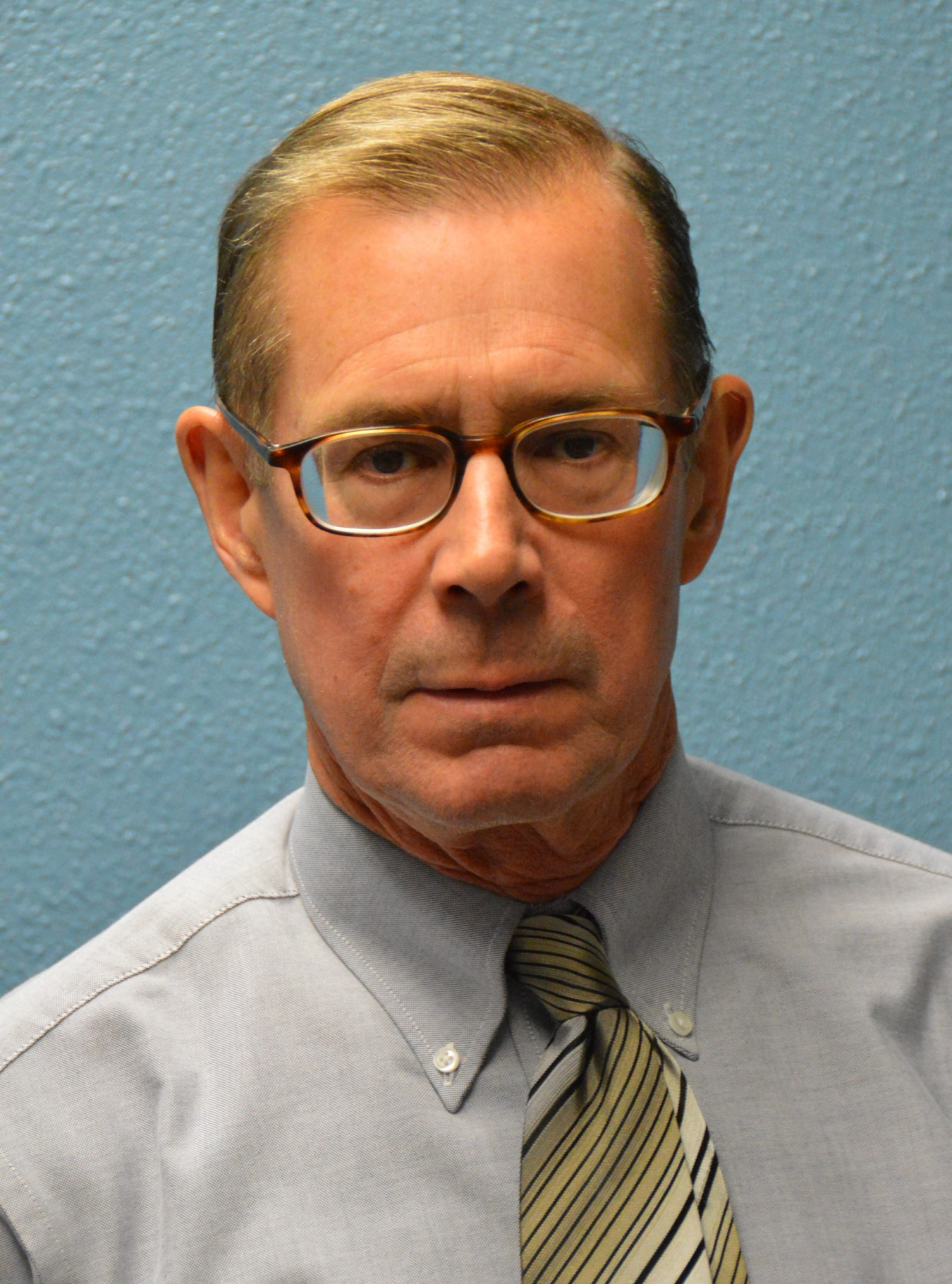
Panelist: John Walsh, Chief Scientist, International Arctic Research Center
John Walsh is the Chief Scientist of the International Research Center and President’s Professor of Global Change at the University of Alaska Fairbanks. He is also the Co-Director of the Alaska Center for Climate Assessment and Policy. His research has addressed Arctic climate and weather in the context of global change. Particular interests include extreme events in the Arctic, including their impacts and attribution. Walsh was a lead author for the 2014 U.S. National Climate Assessment and for the Fourth Assessment Report of the Intergovernmental Panel on Climate Change. He currently is a co-lead of the Climate Expert Group of the Arctic Monitoring and Assessment Programme. He has authored a textbook, Severe and Hazardous Weather. Walsh received a B.A. in Mathematics from Dartmouth College in 1970 and a Ph.D. in Meteorology from the Massachusetts Institute of Technology in 1974. Before joining the University of Alaska Fairbanks in 2001, he was on the faculty of the University of Illinois.
Plenary Panel Presentation: Technology Commercialization - Arctic Case Studies
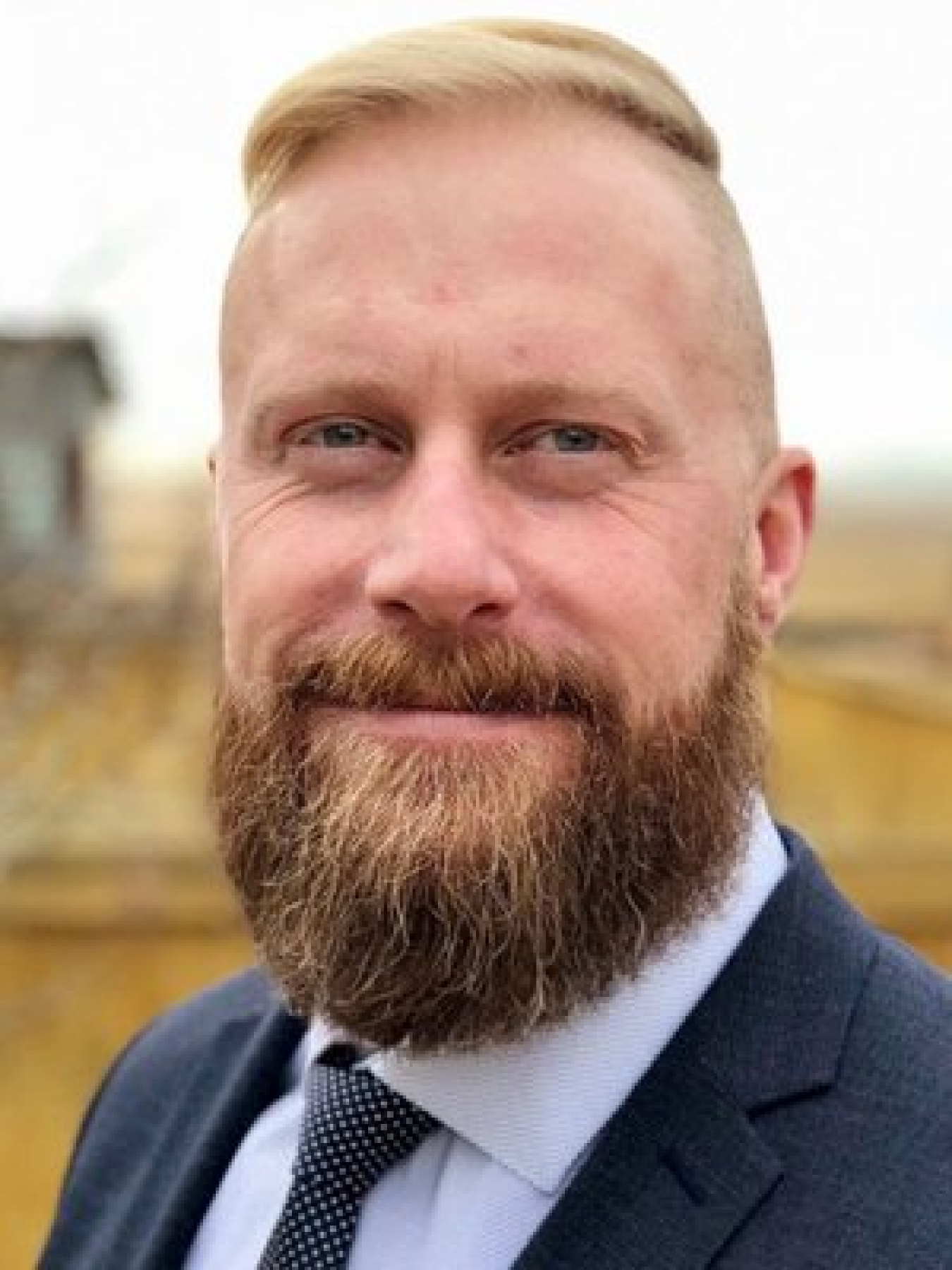
Moderator: Rob Roys, Chief Innovation Officer, Launch Alaska
Rob is Launch Alaska's Chief Innovation Officer, where he focuses on fostering community and organizational partnerships centered on identifying opportunities for innovation, consulting with project developers on technology and innovation strategies, and facilitating the deployment of game-changing technologies that will catalyze the transition to a clean energy economy. As CIO, Rob manages Launch Alaska’s team of Subject Matter Experts in advising organizations on the development of strategic plans that harness Alaska’s distinct mix of resources, markets, and opportunities and successfully scale solutions that accelerate the resource revolution.
Rob has spent the last 15 years nurturing the adoption of grid edge technologies in both islanded and grid-connected power systems throughout Alaska and the Caribbean, as well as the Lower-48. Having worked with nearly every power provider in Alaska, he has been a core team member on tens of millions of dollars of projects ranging from sophisticated large-scale SVCs and BESS to small, remote community hybrid renewable systems. A common theme of Rob’s projects is enabling more cost-efficient operations, such as the Kodiak Electric flywheel port project, Deering and Buckland diesel-off microgrids, and the ACEP Power Systems Integration Lab. In all, Rob has helped develop over 15 successful renewable microgrid projects.
Whether as an energy advocate, opportunistic river guide, or husband and father, Rob’s passions motivate him to invest in a sustainable future as he explores the grid’s edge in both work and play.
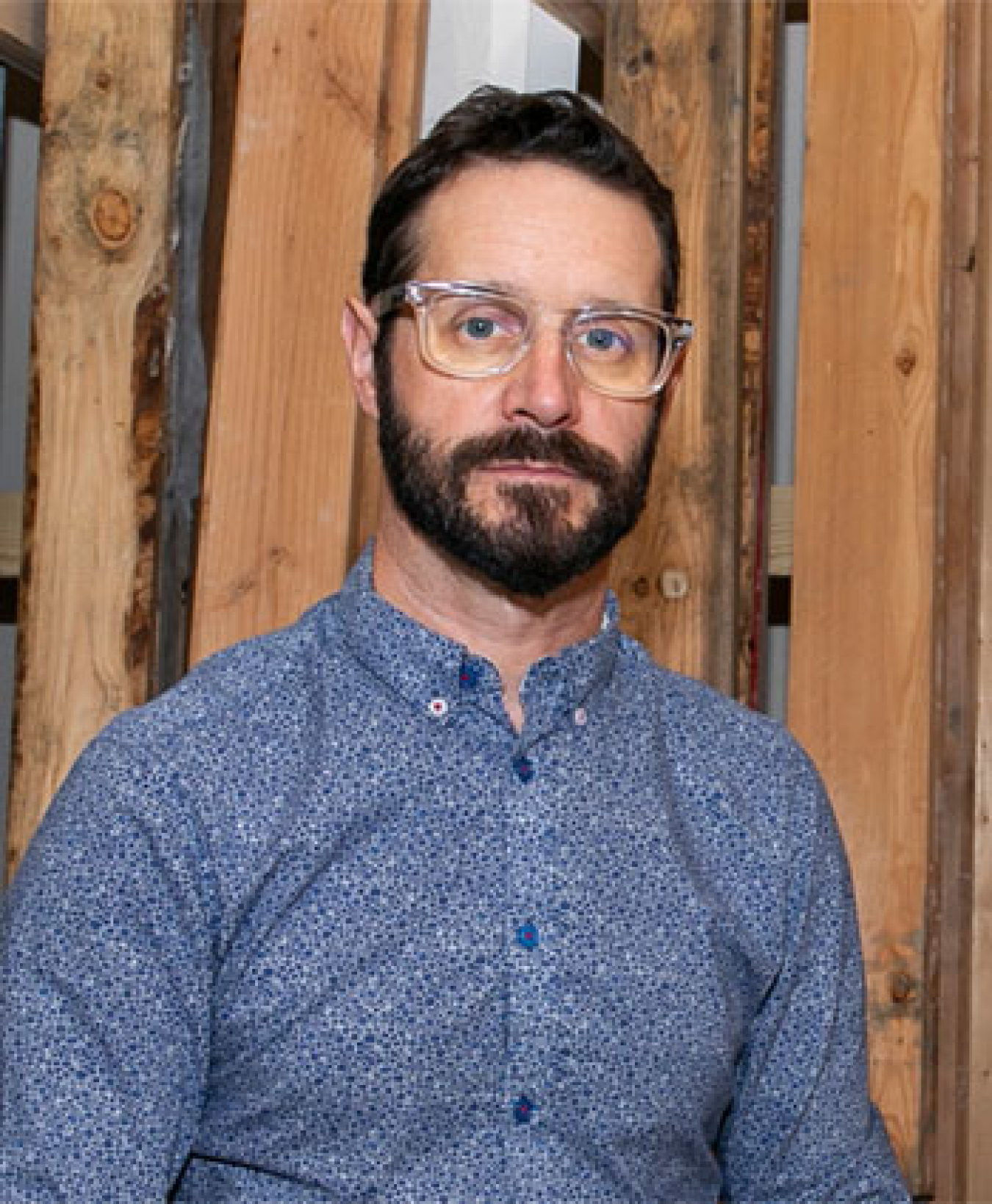
Panelist: Aaron Cooke, Sustainable Northern Communities Lead, National Renewable Energy Laboratory-Cold Climate Campus
Aaron Cooke is a licensed architect and project manager at NREL's Cold Climate Housing Research Center in Fairbanks, Alaska. He manages the Sustainable Northern Communities Program, which designs and deploys emerging building technologies and approaches in the Arctic and Subarctic. Cooke's work primarily focuses on durable, affordable, healthy, and sustainable building design in extreme climates and remote locations. He works with architects, builders, technicians, local leaders, and Tribes to design, build, and monitor innovative buildings across the circumpolar north.
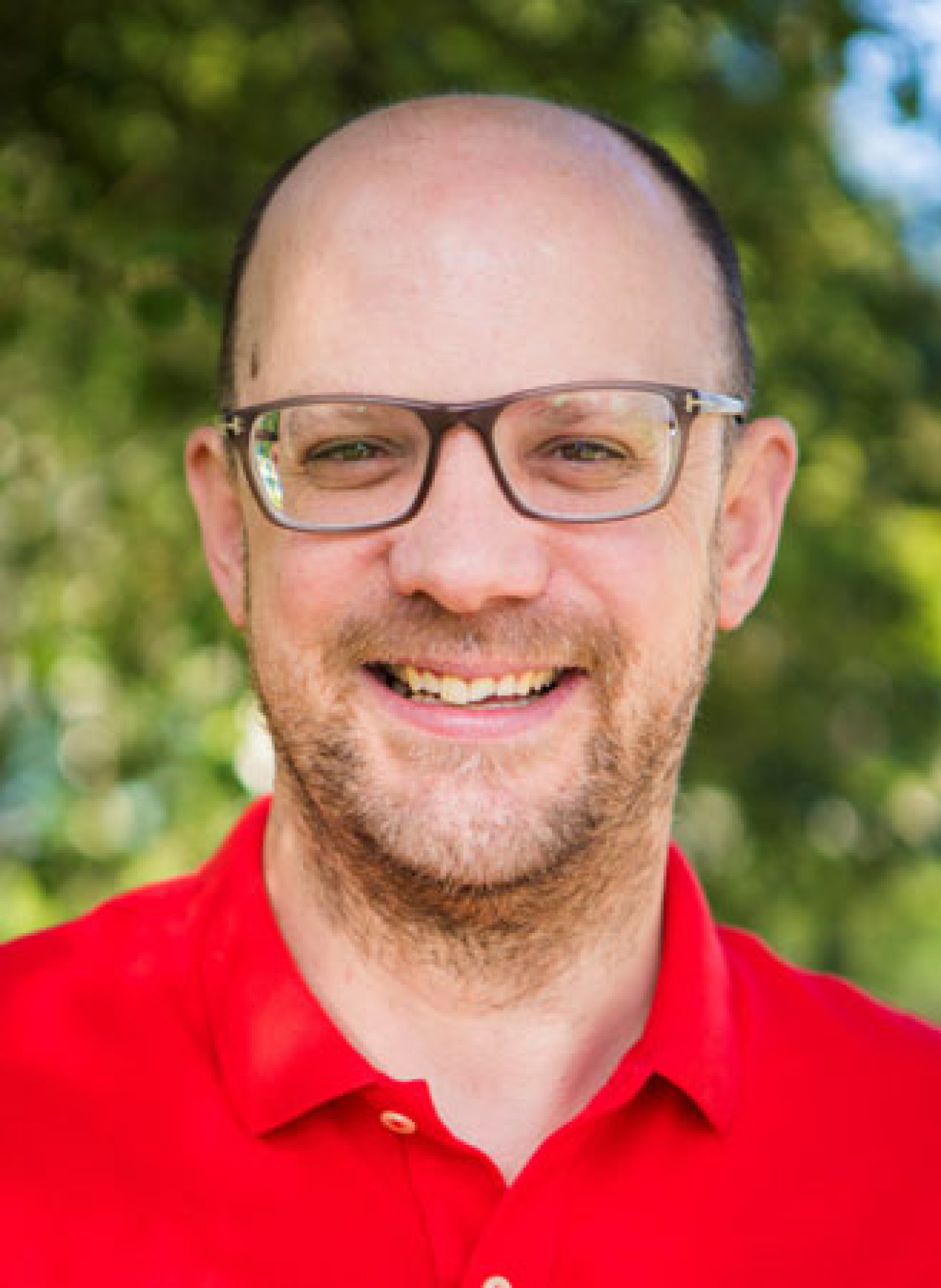
Panelist: Peter Webley, Deputy Director, Office of Intellectual Property and Commercialization, University of Alaska Fairbanks
Dr. Peter W. Webley is the Associate Director of Research for the Alaska Center for Unmanned Aircraft Systems Integration (ACUASI) and a Research Associate Professor of Remote Sensing, Geophysical Institute, University of Alaska Fairbanks. Dr. Webley has a PhD in Remote Sensing and more than 15+ years of experience as a geoscience and remote sensing scientist and researcher. He worked on the development of operational and real-time applications of geospatial data for hazard detection and decision making. Peter is also the Deputy Director of UAF’s Technology Transfer Office, OIPC, and has a passion for business development and technology transfer from an academic environment into the private sector as well as providing tools and products for hazard assessment and risk mitigation from geospatial data and observations.
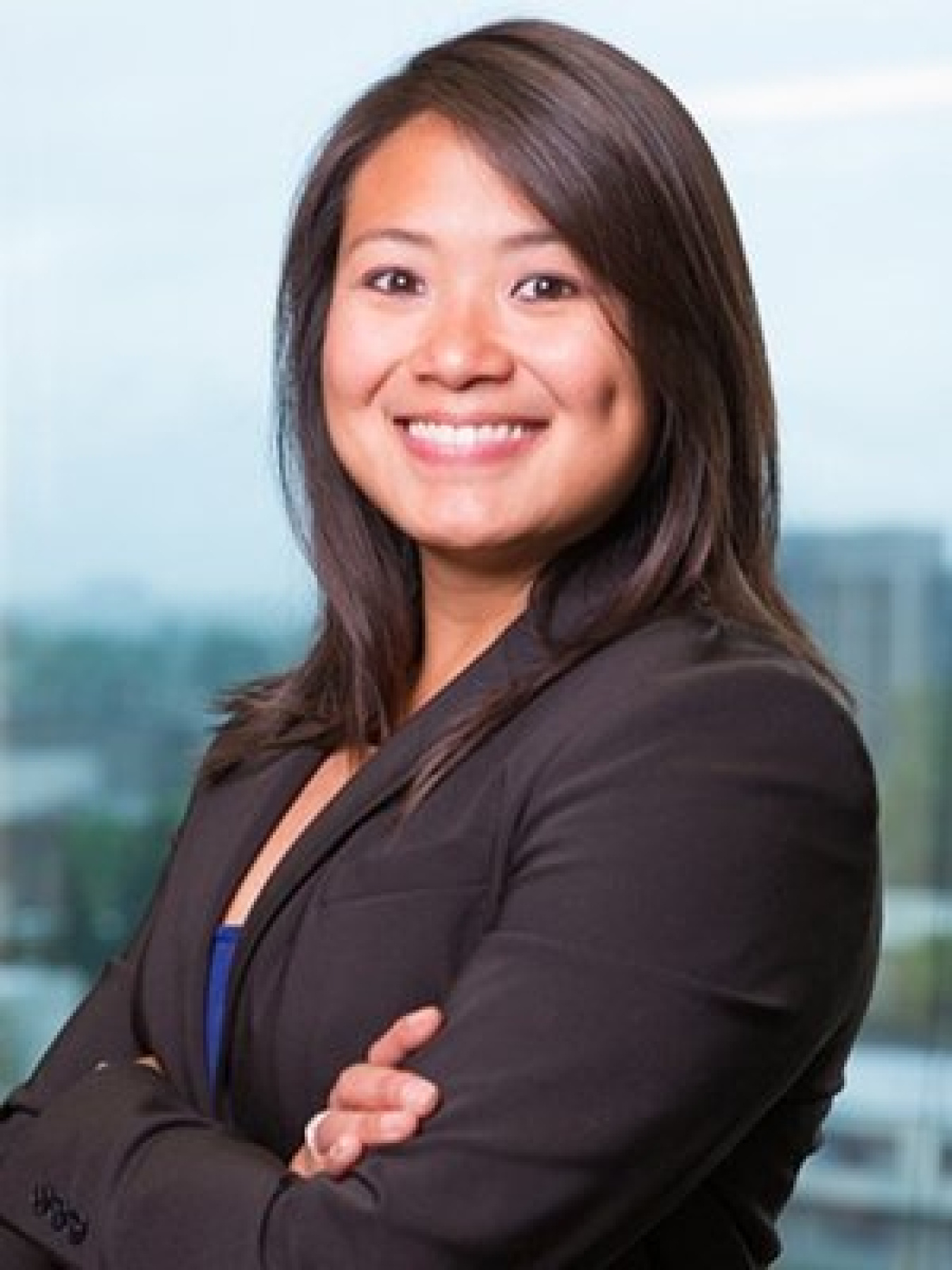
Panelist: Pamela Kauveiyakul, Chief Partnerships Officer, Launch Alaska
In her time at Launch Alaska, Pam has dedicated her energy and focus to developing collaborative relationships across Launch Alaska’s network through creating, enhancing, and leading our team in executing the Tech Deployment Track, which has become a cornerstone of our organization.
In her new role, Pam will further her impact by creating Launch Alaska’s Partnership Program. She will be using her talents of project and process management, and integrating people and ideas toward effective outcomes. She will also continue to provide high-level oversight for the Tech Deployment Track and be the integral contact point for Launch Alaska’s Portfolio companies.
As CPO, Pam will lead our team’s efforts to deepen engagement with and foster further collaboration between Launch Alaska’s partners, funders, and sponsors. Pam will identify and build out new strategic partnerships, and she will develop and execute our fund development plans. Pam’s role as CPO will enhance Launch Alaska’s capability to deploy game-changing technologies across Alaska.
Pam has an MBA from Loyola University New Orleans and is skilled in ecosystem building, business development, fostering relationships, project management and process improvement.

Panelist: Jay Byam, CEO, Kartorium
Jay Byam is a former senior software consultant and developer with experience working on 3D, AR and VR projects for large Fortune 500 companies. In 2019, Jay started experiencing Alaska’s logistical challenges first hand. In his years working with Alaskan heavy industries as a programmer and software consultant, it became clear that there was more that could be done to address glaring inefficiencies involving remote site management, workforce turnover, and data management strategies. Out of this realization, Kartorium was born. Kartorium provides an online drag-and-drop digital-twin platform that helps organizations integrate and visualize all of their data.
